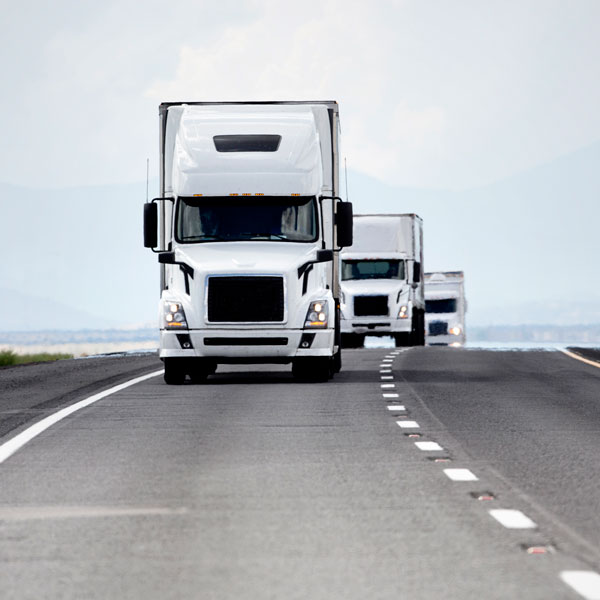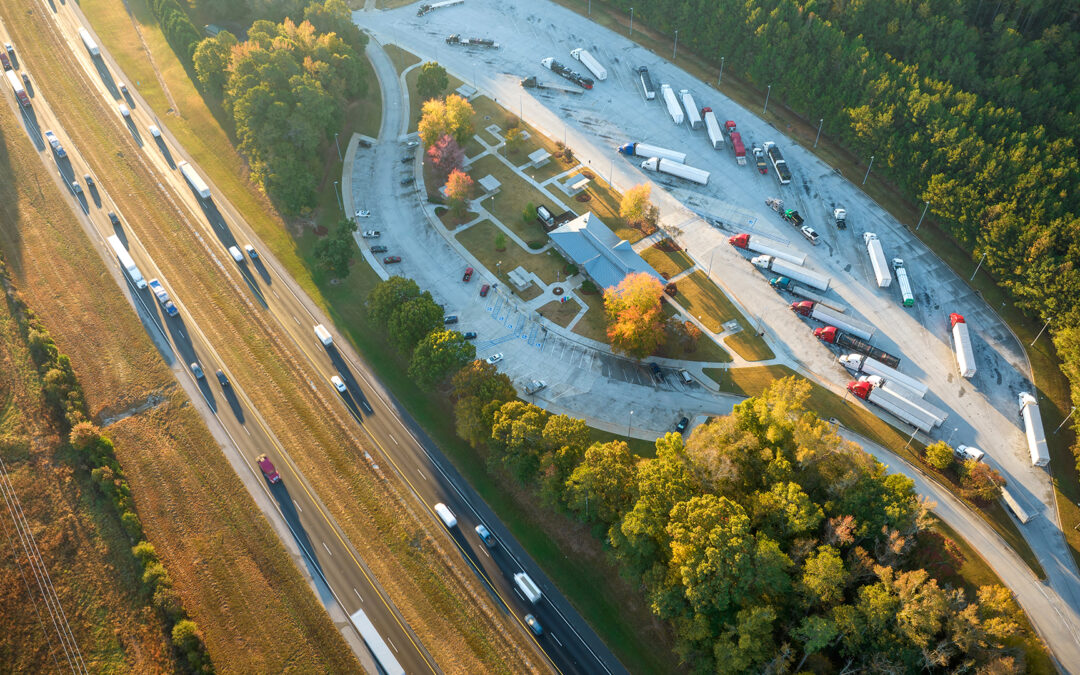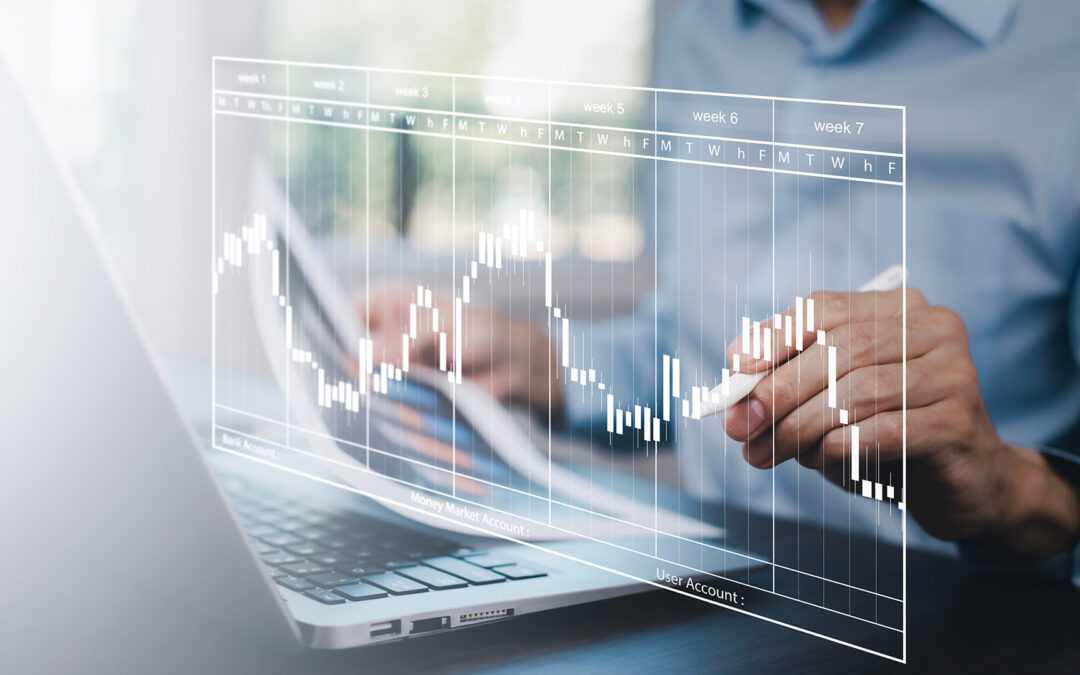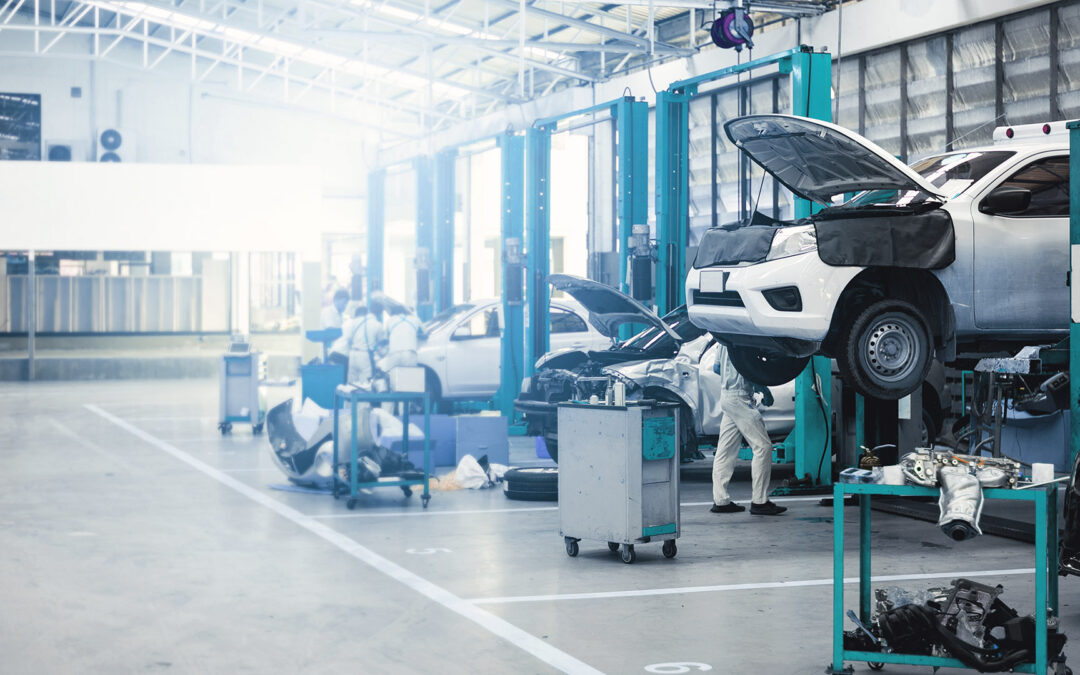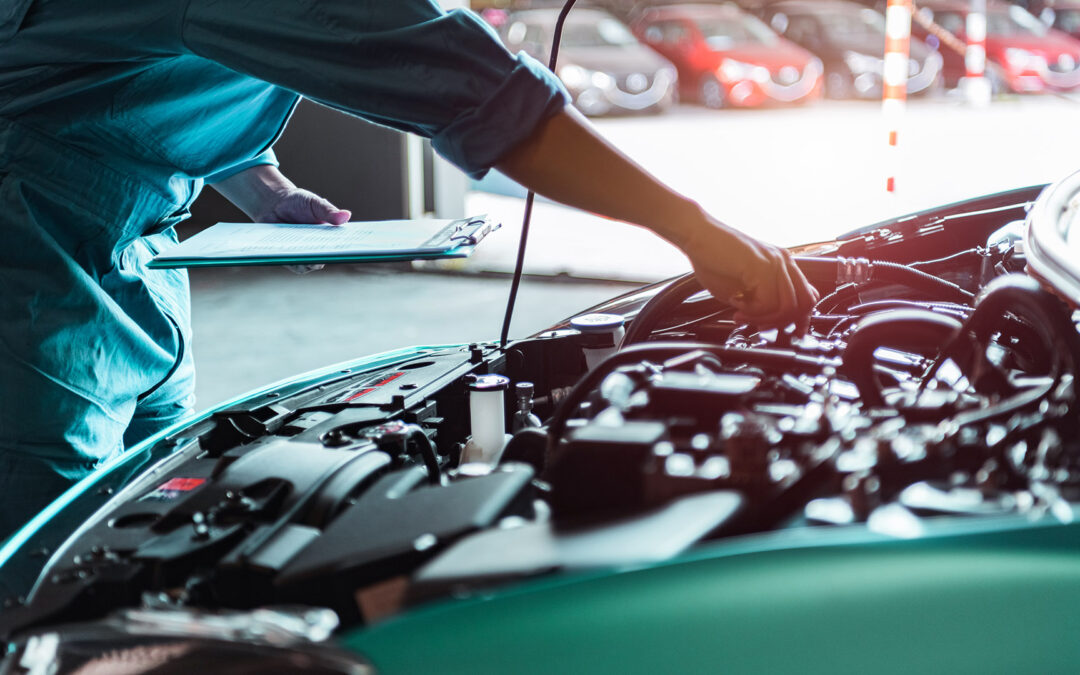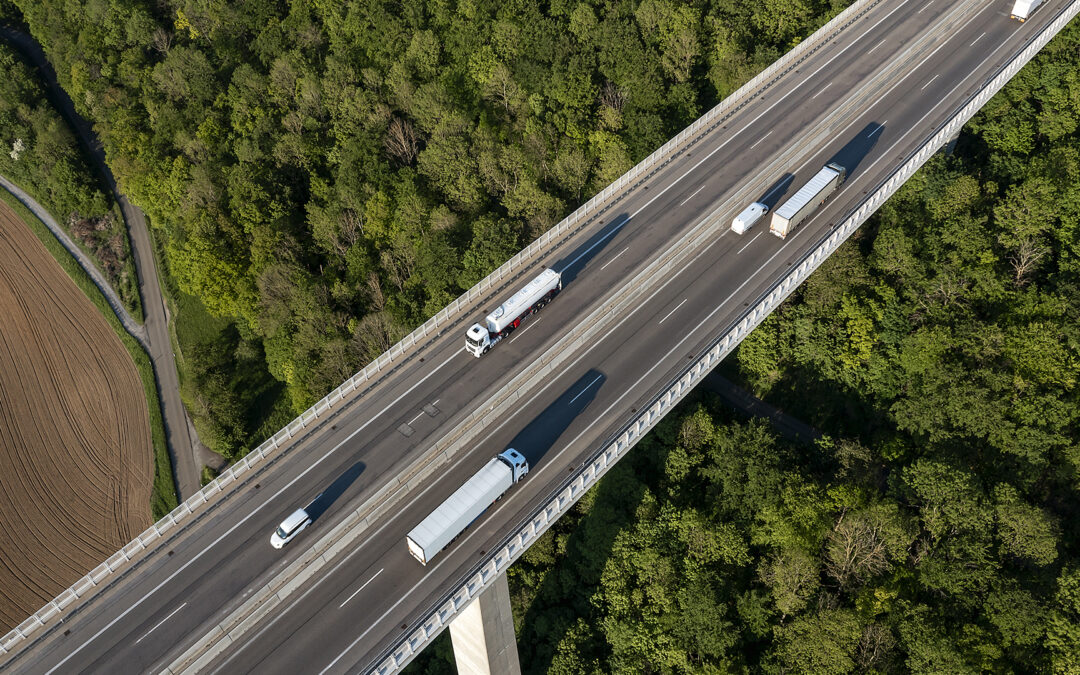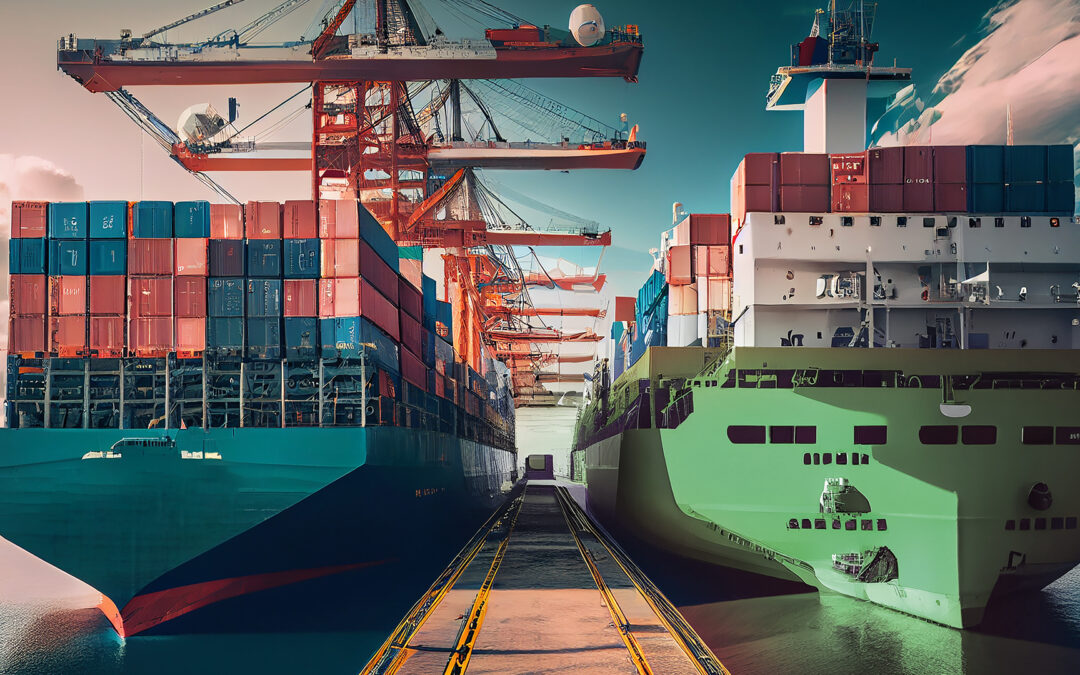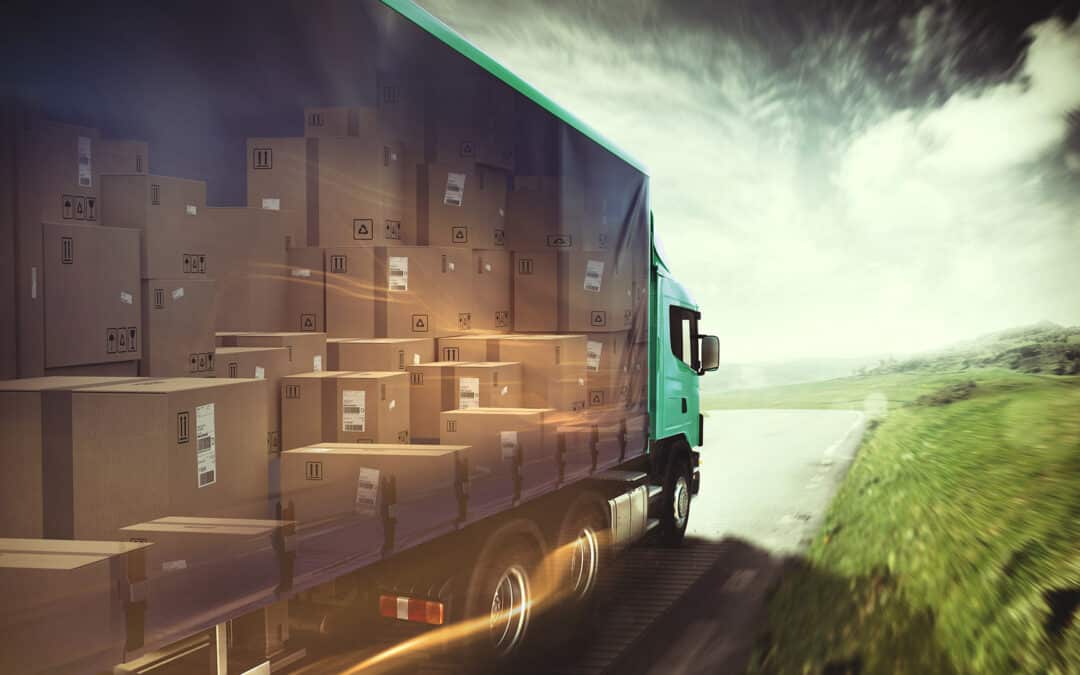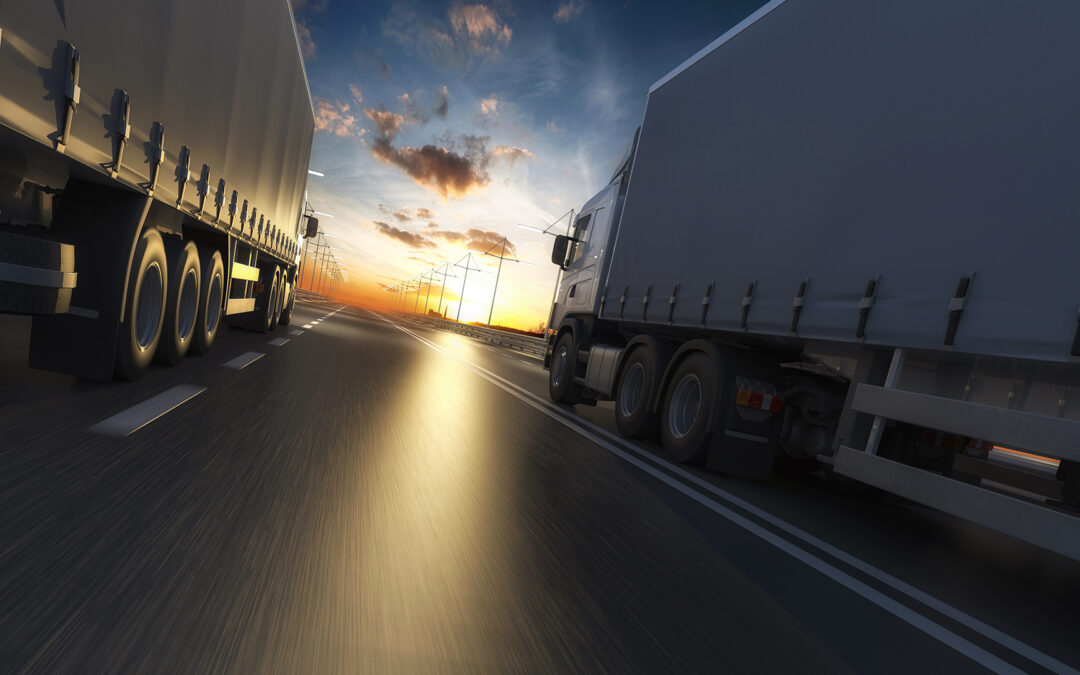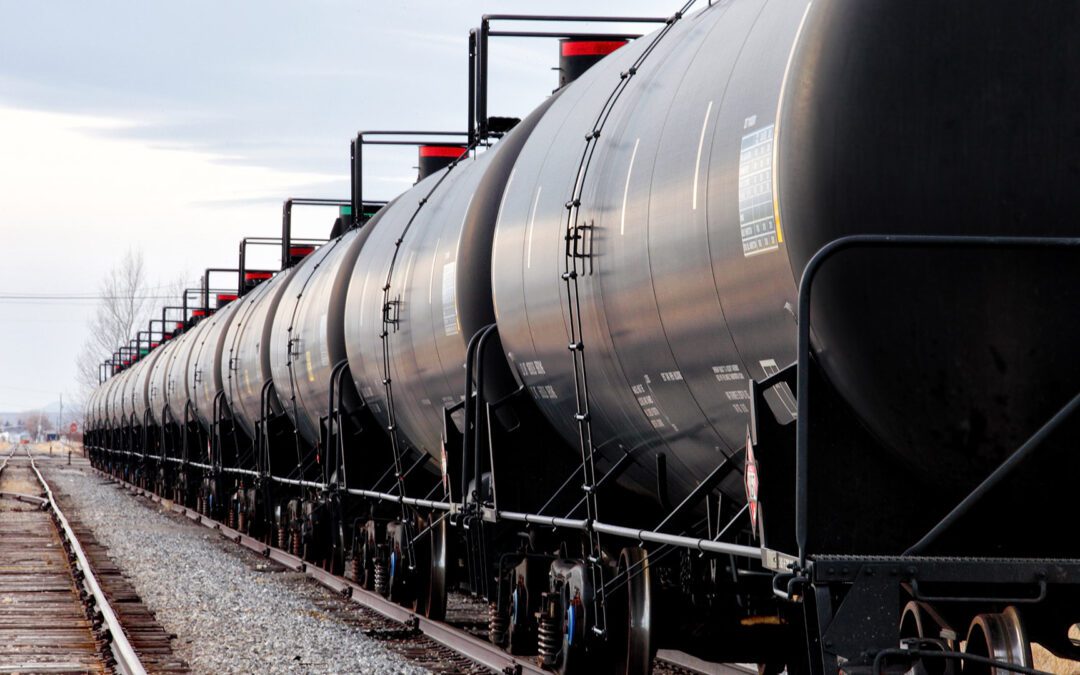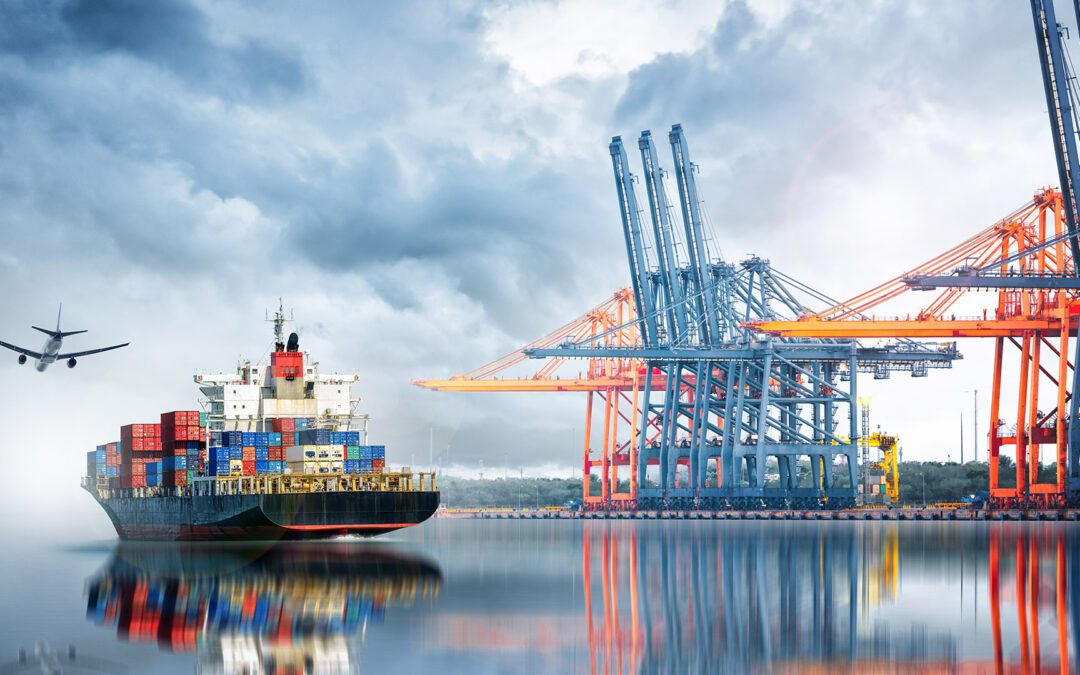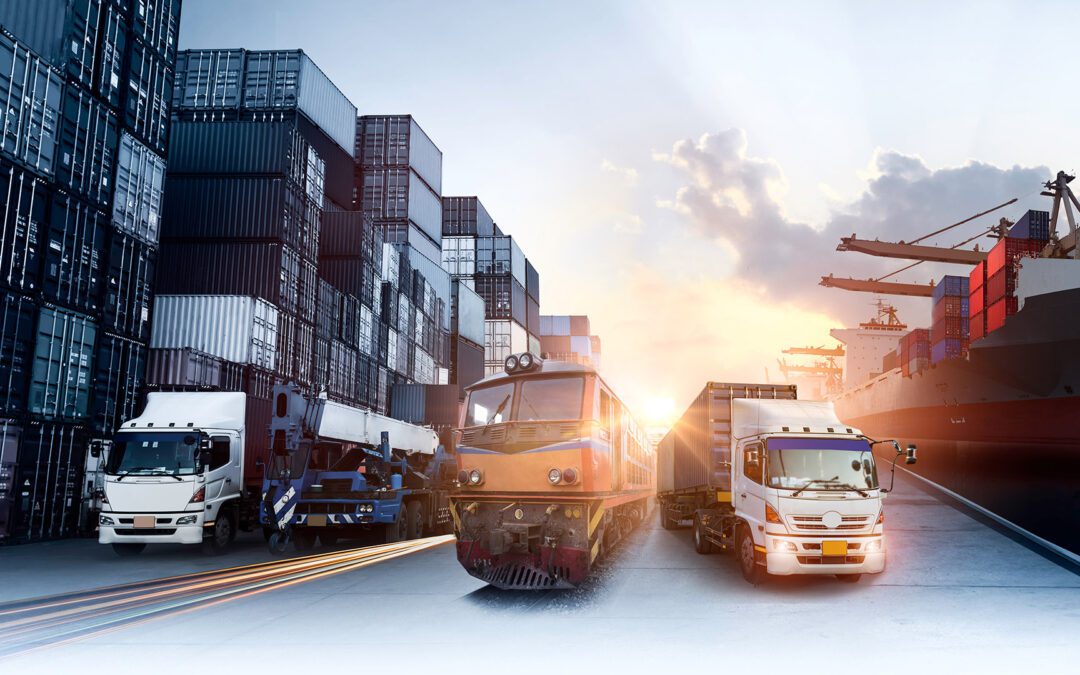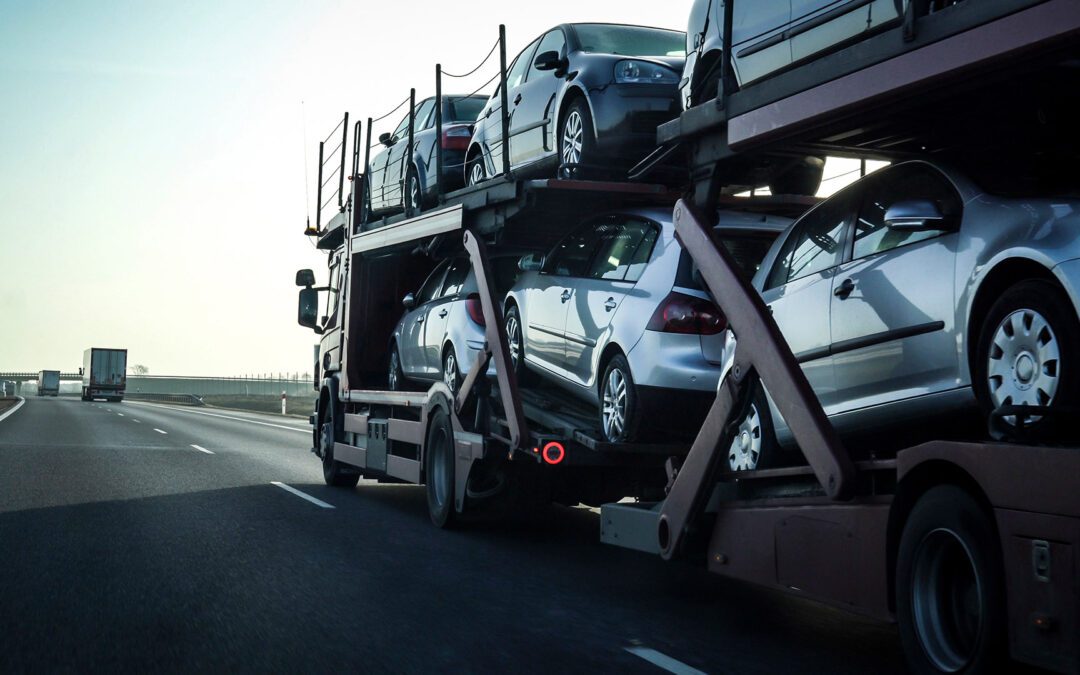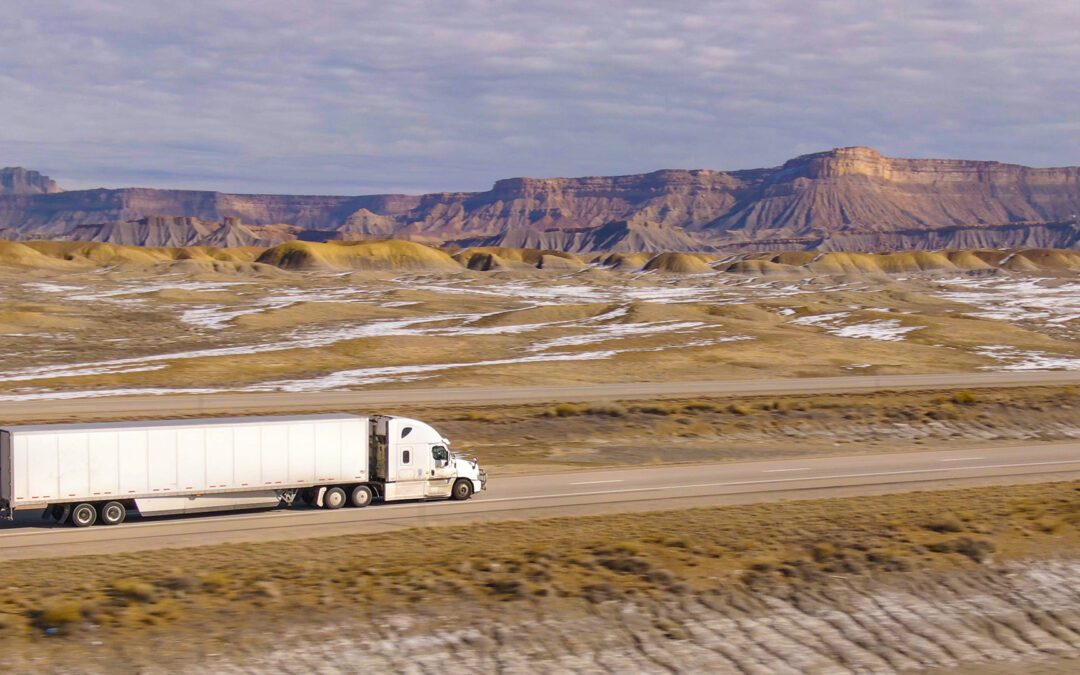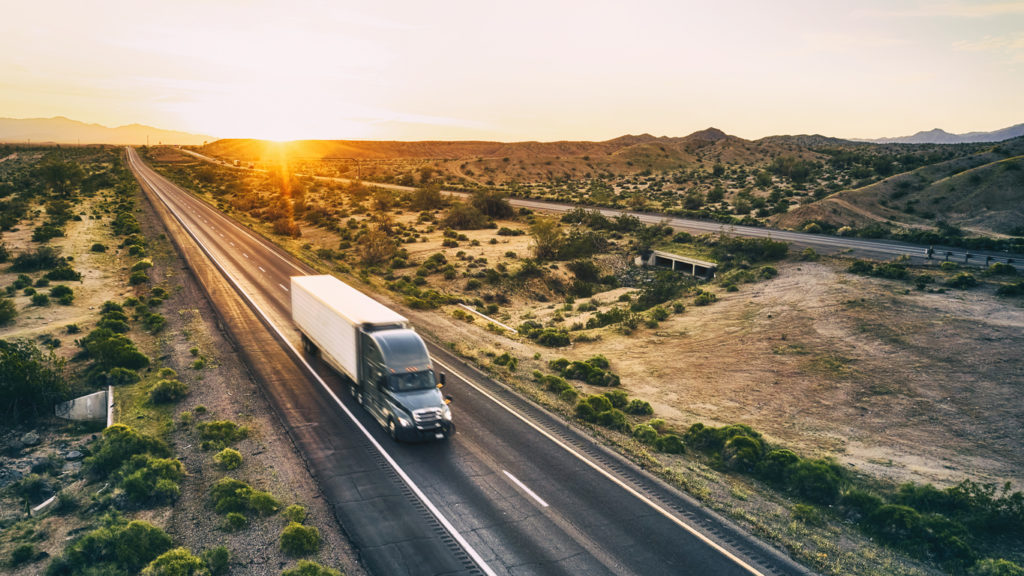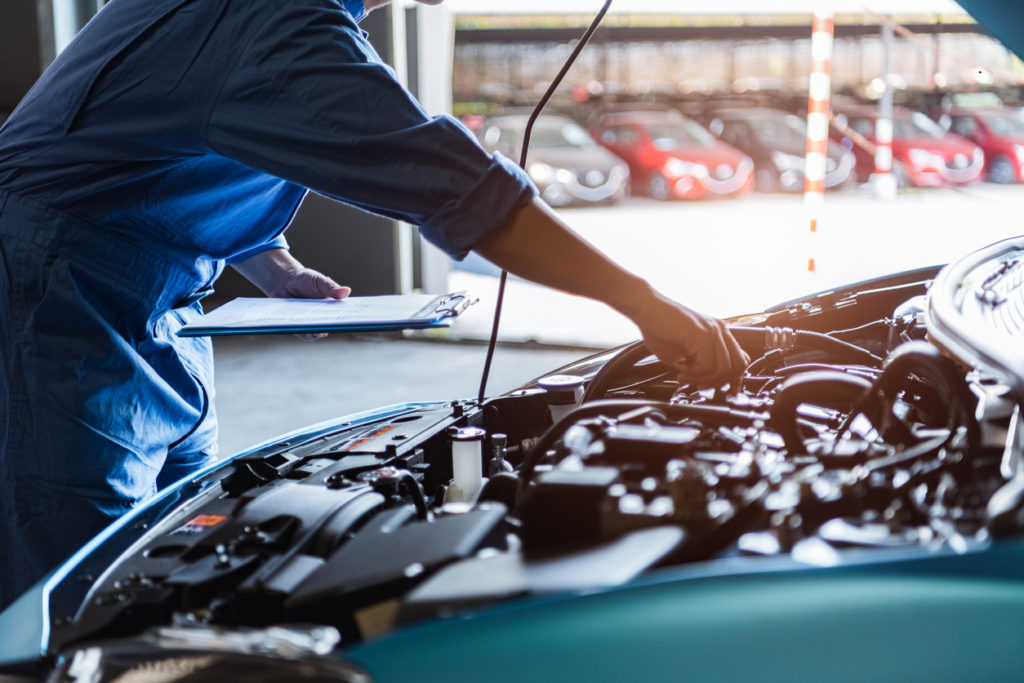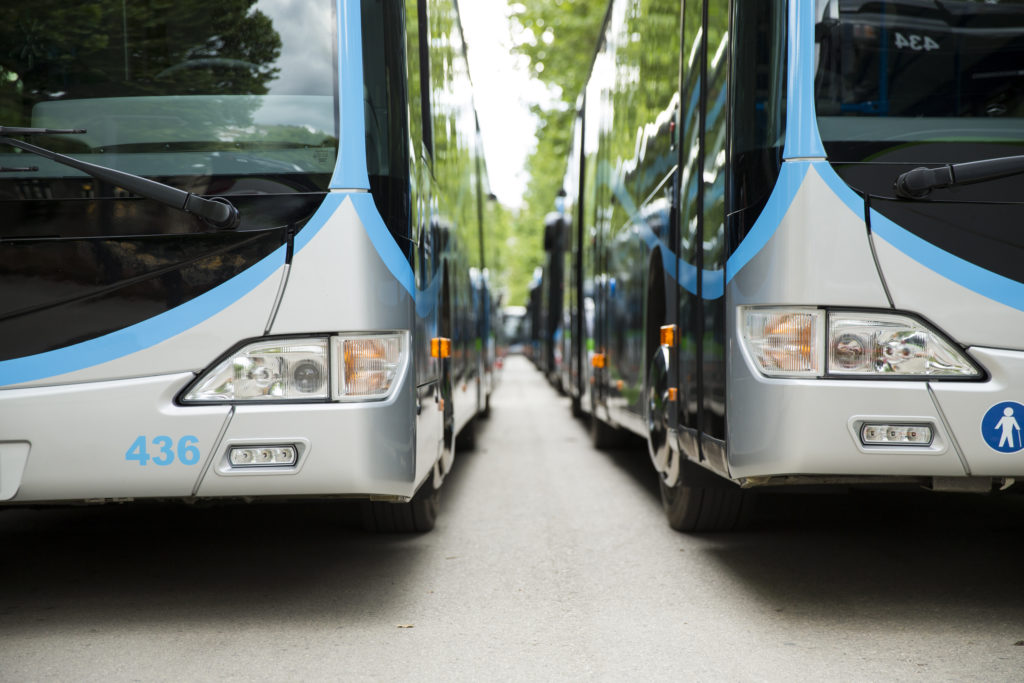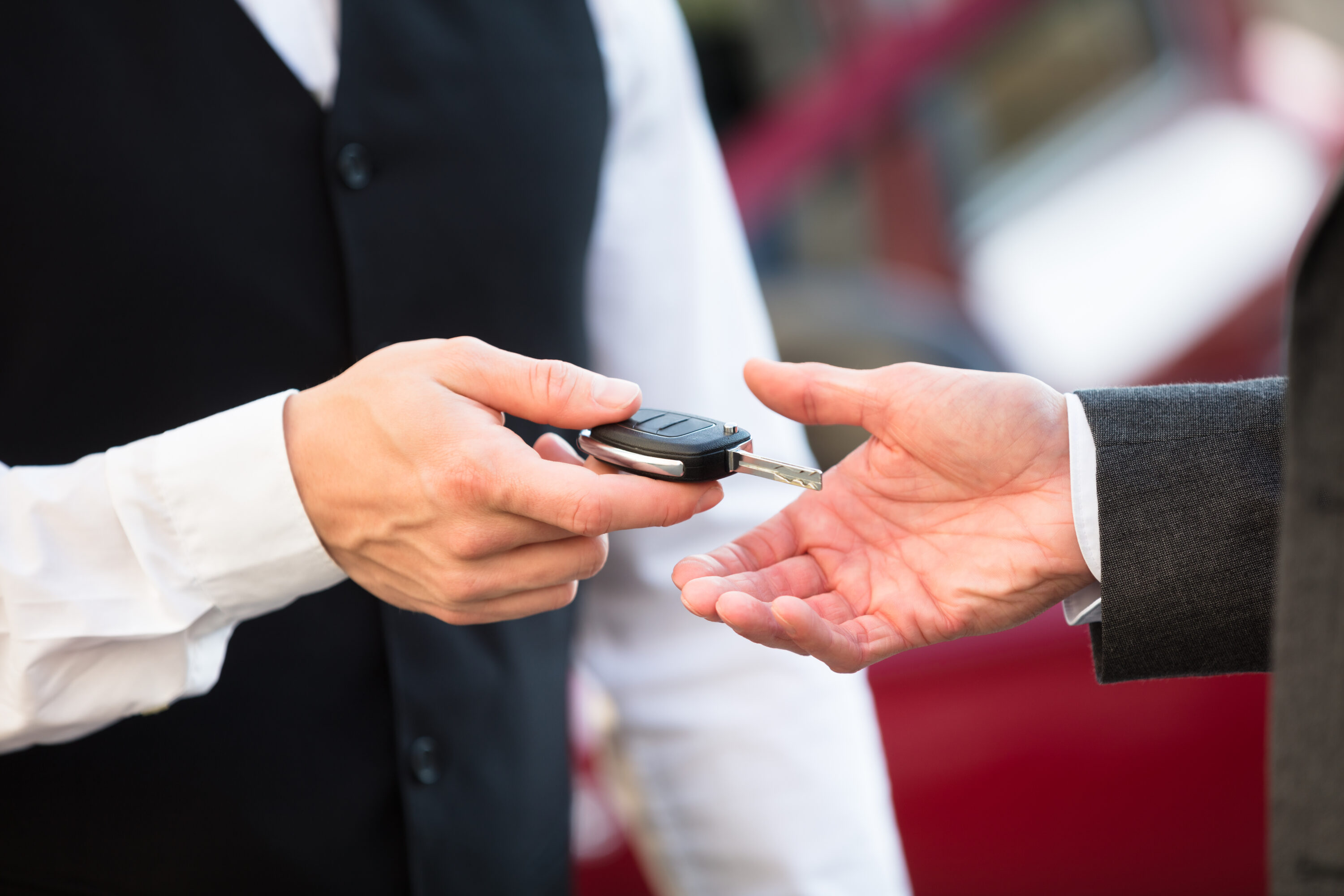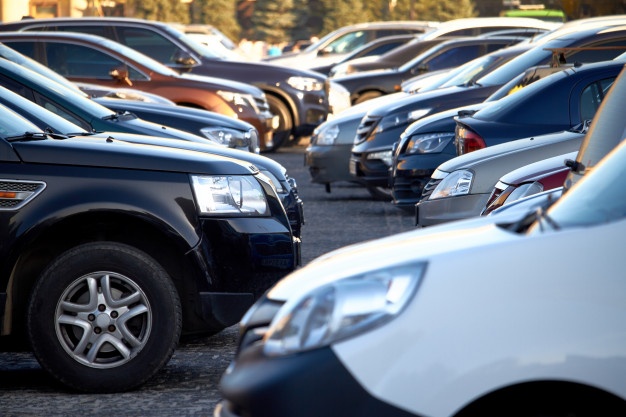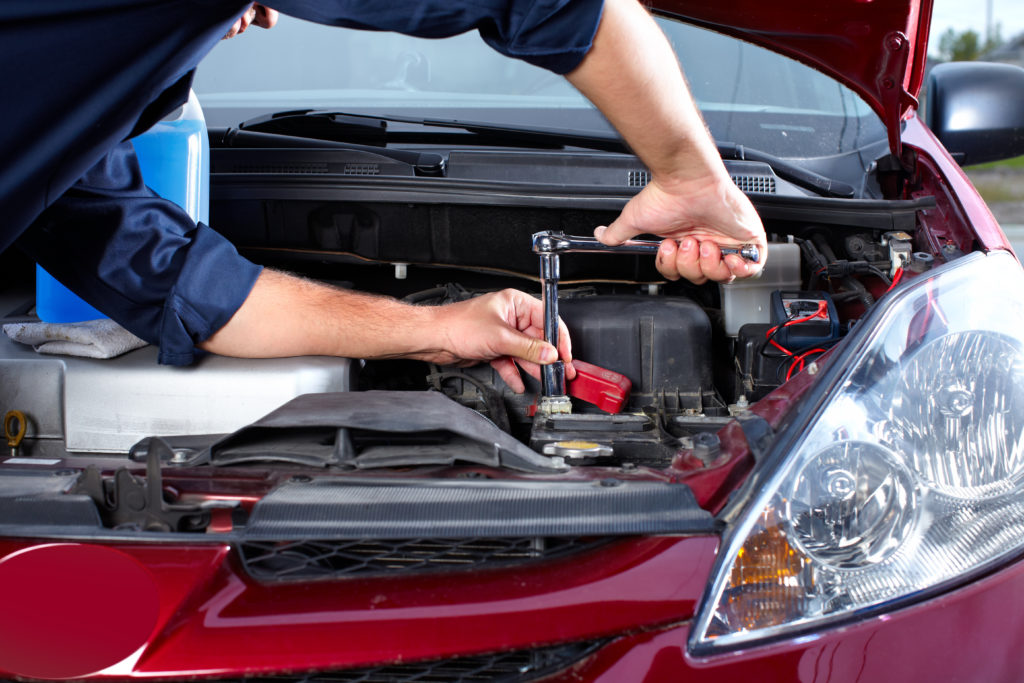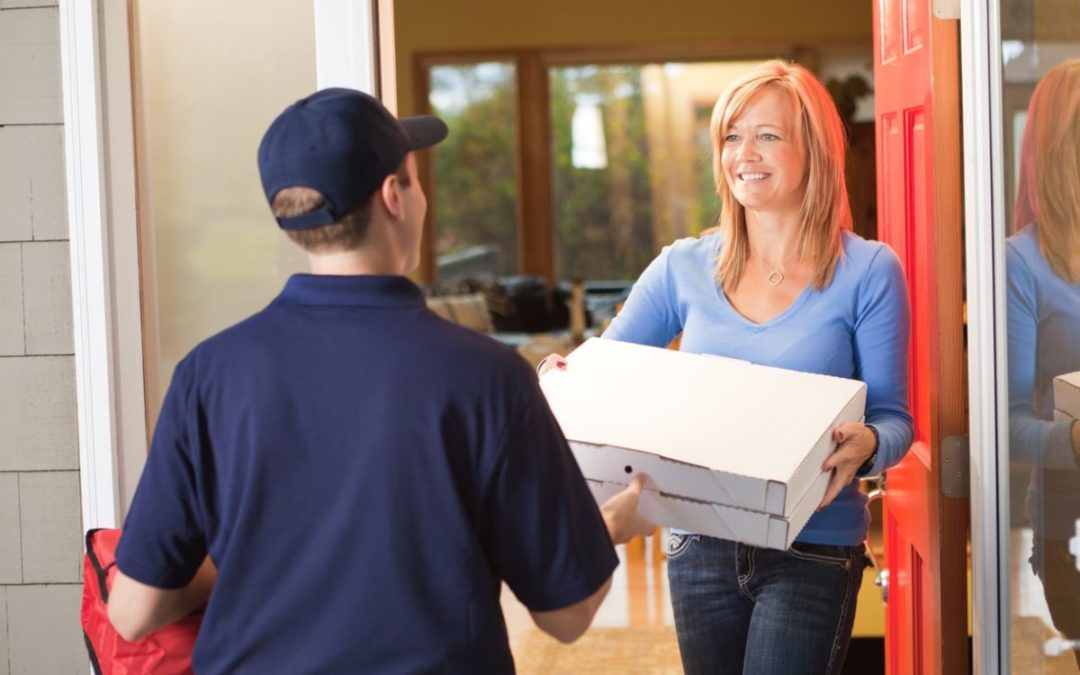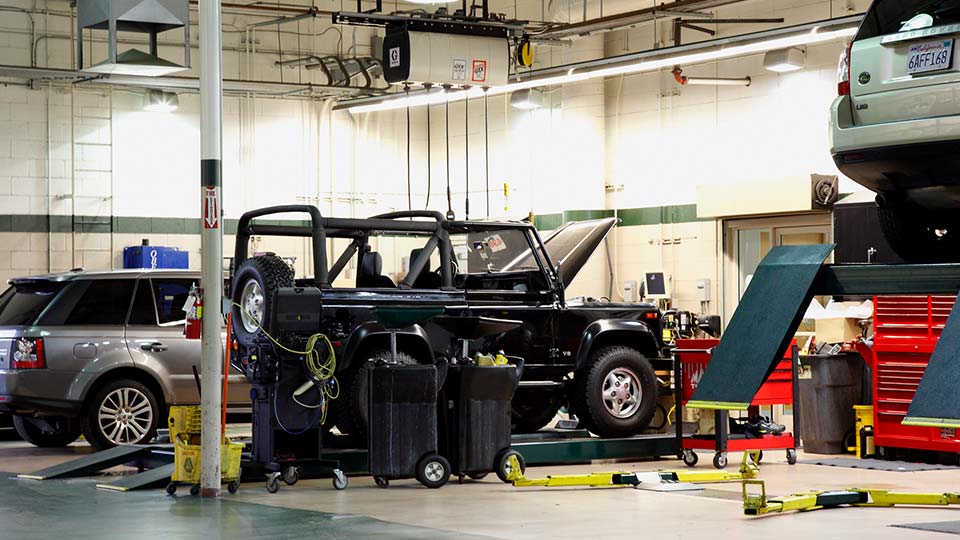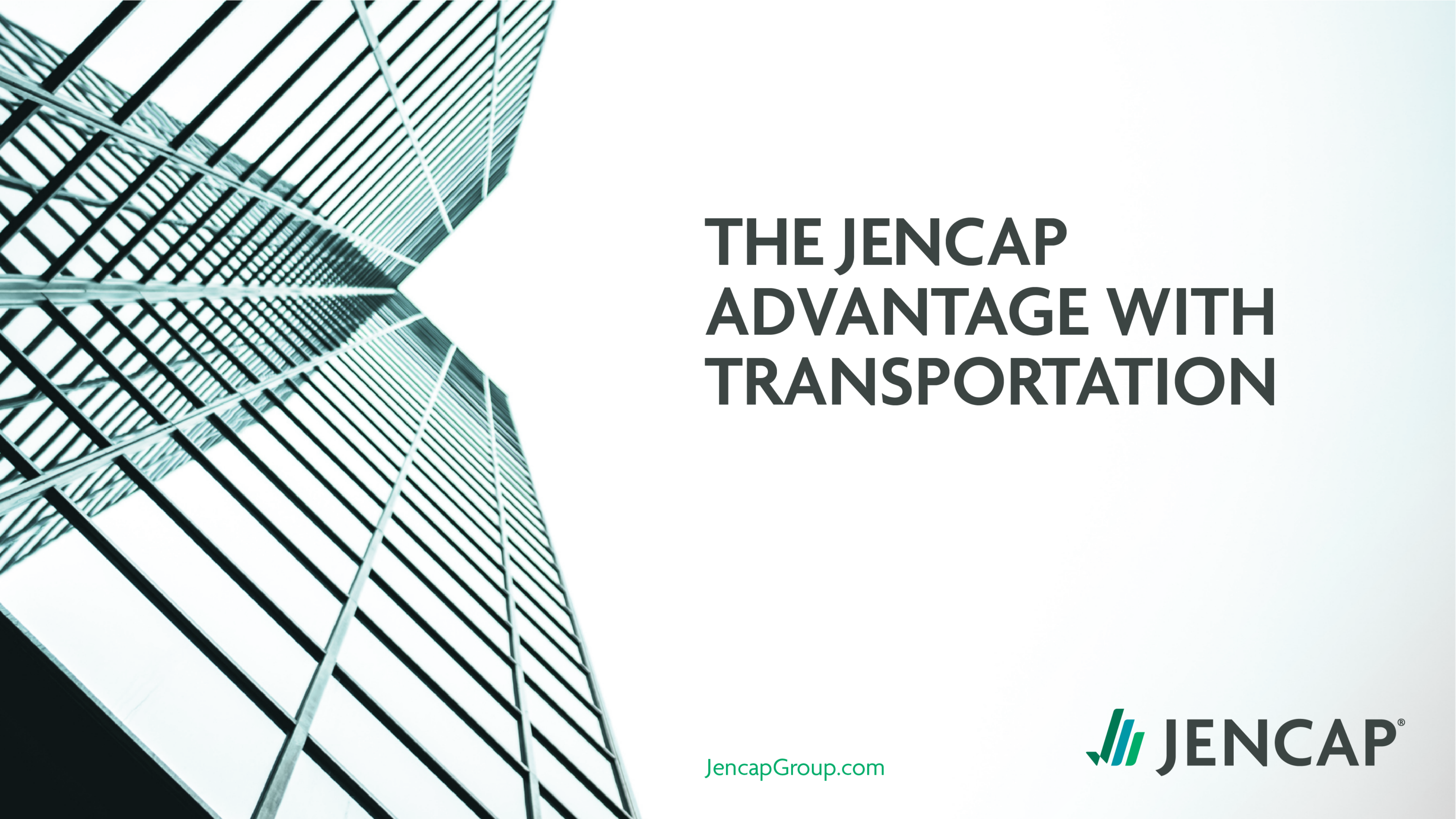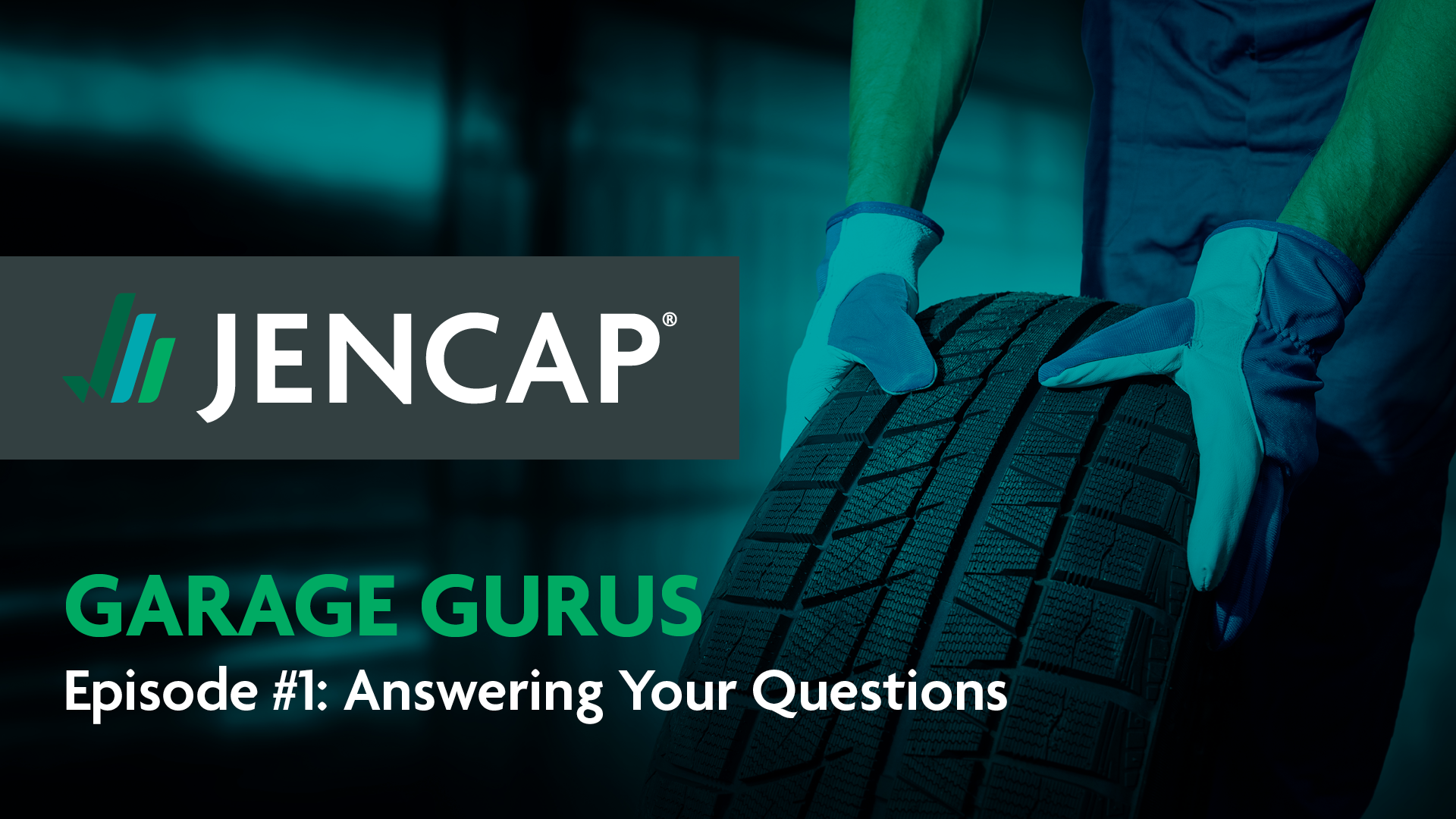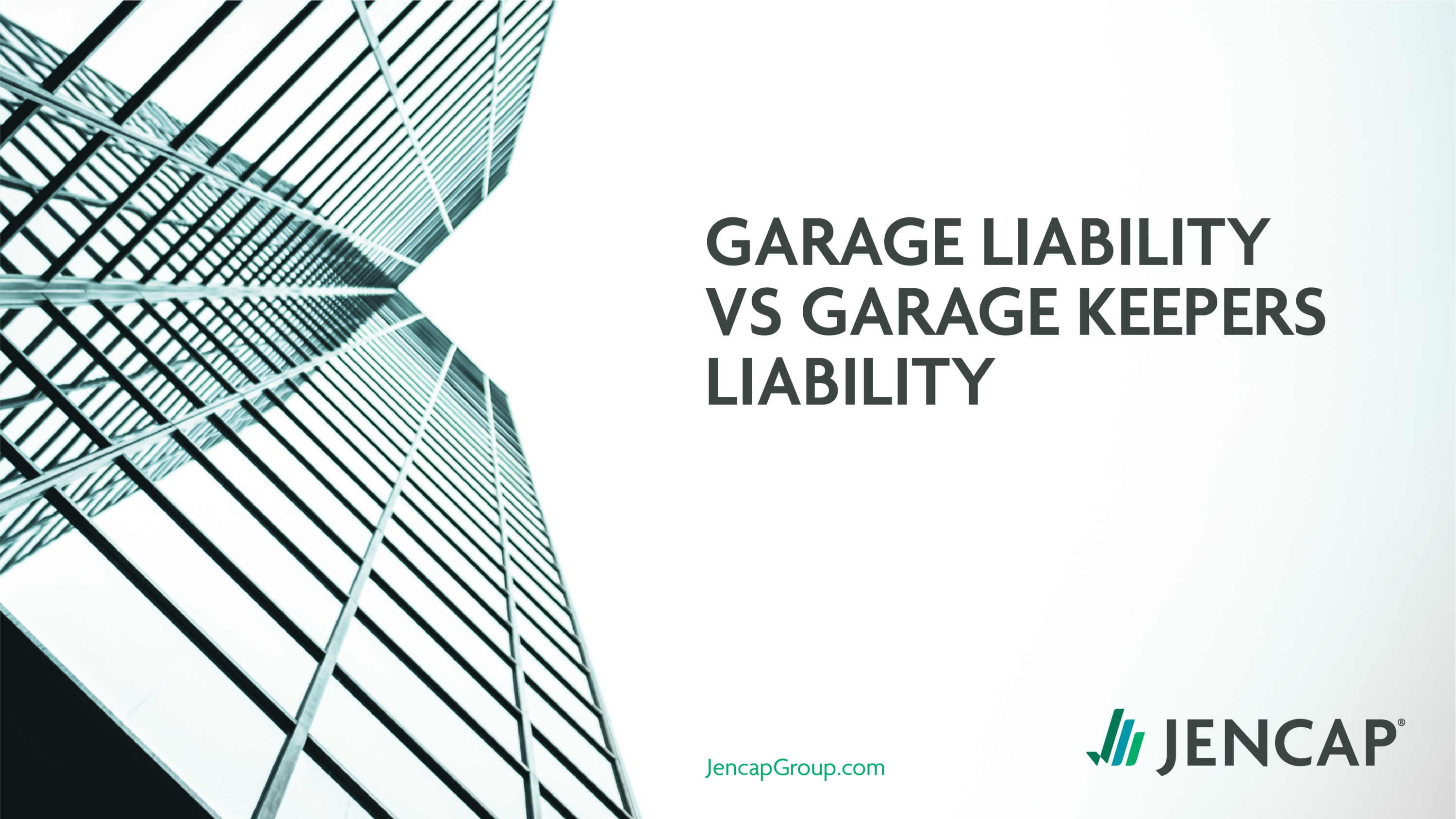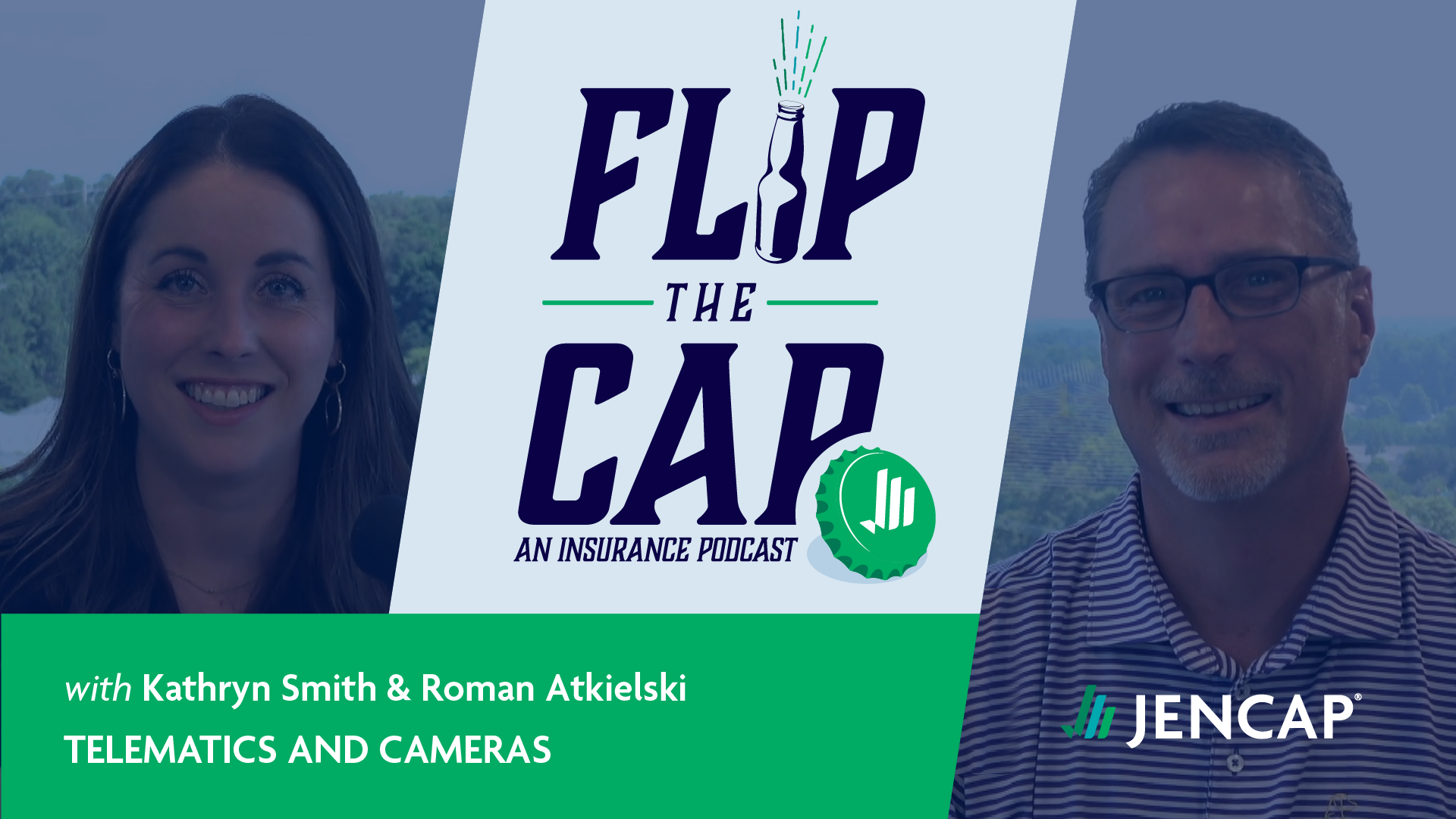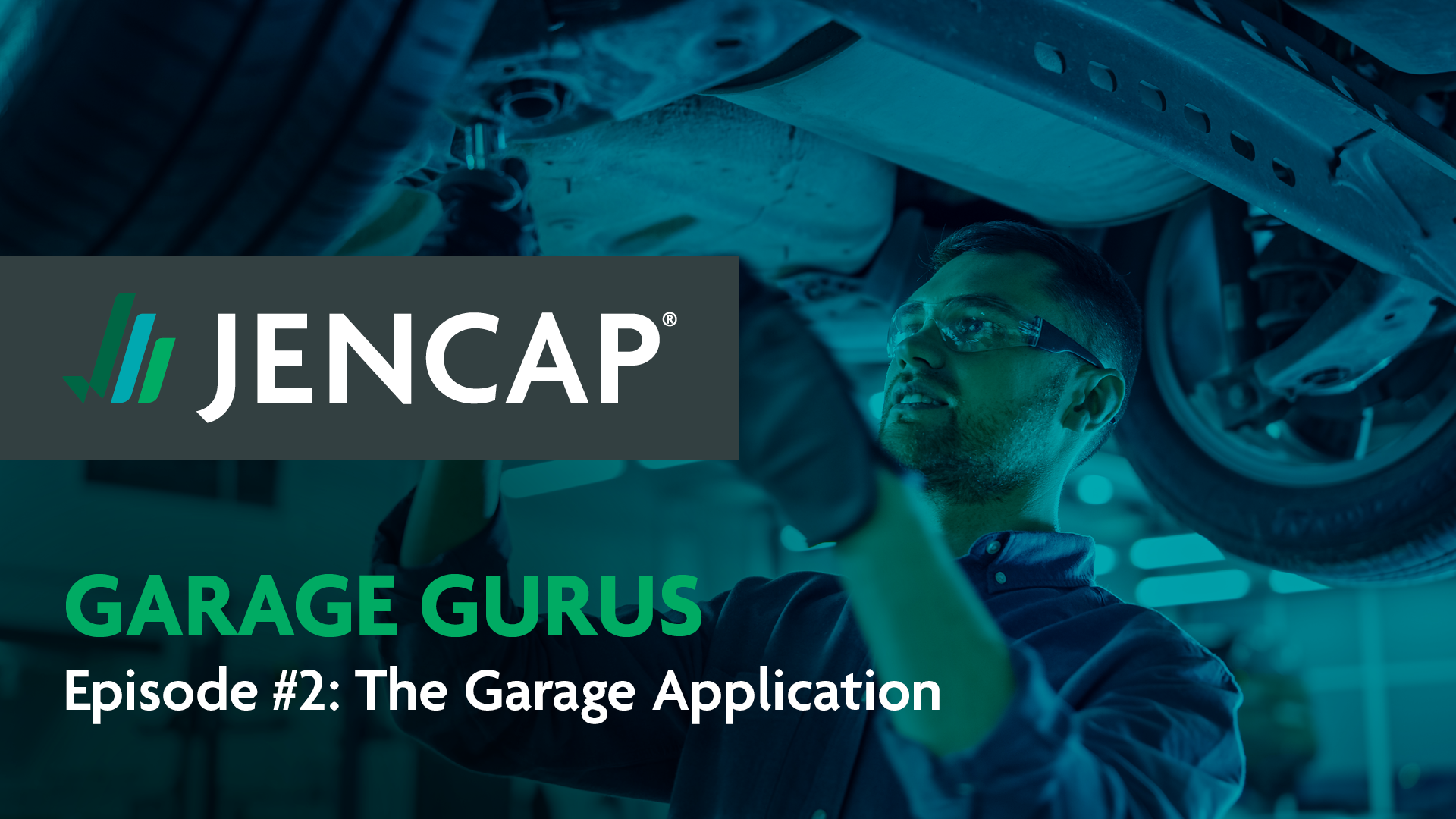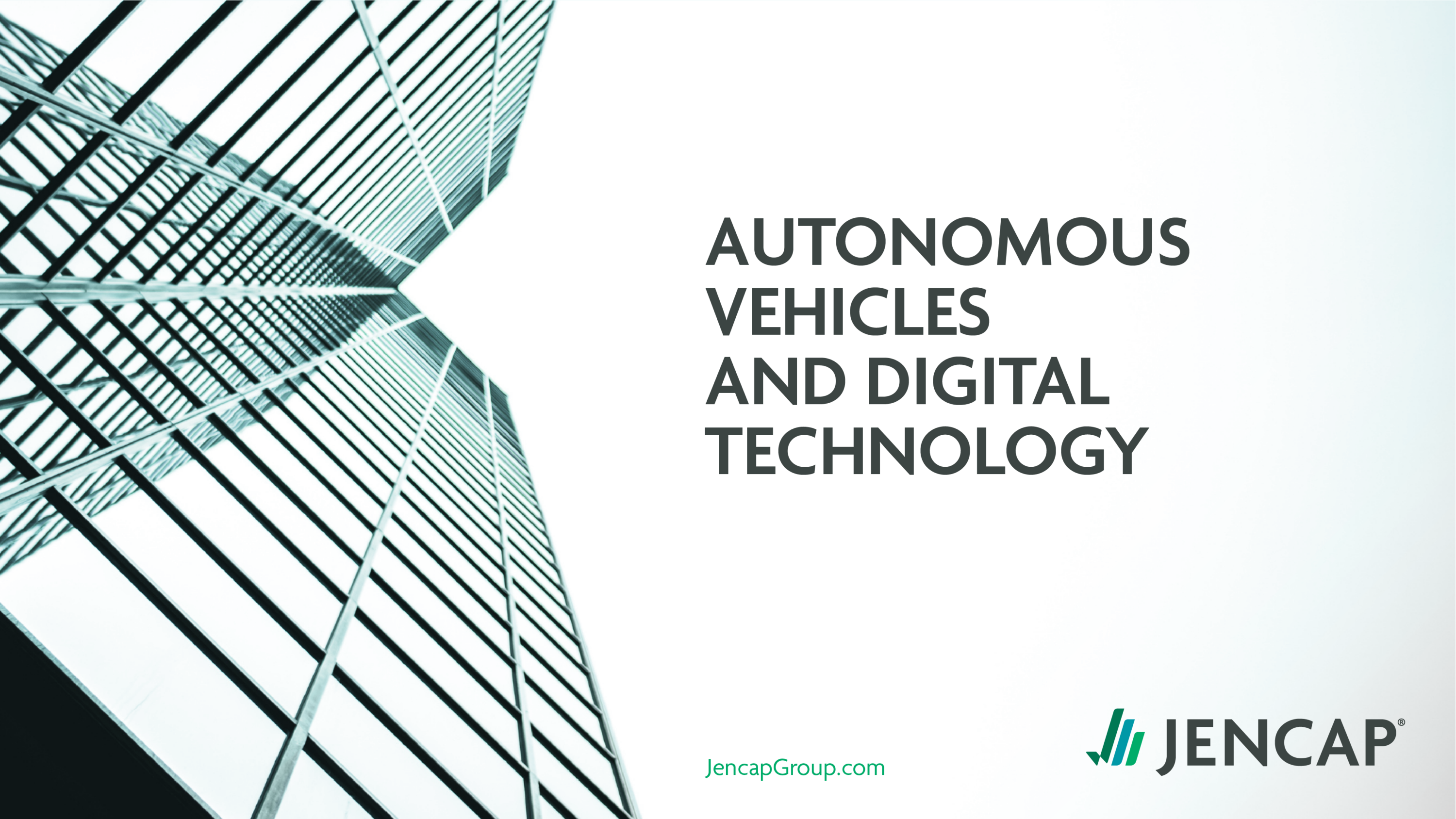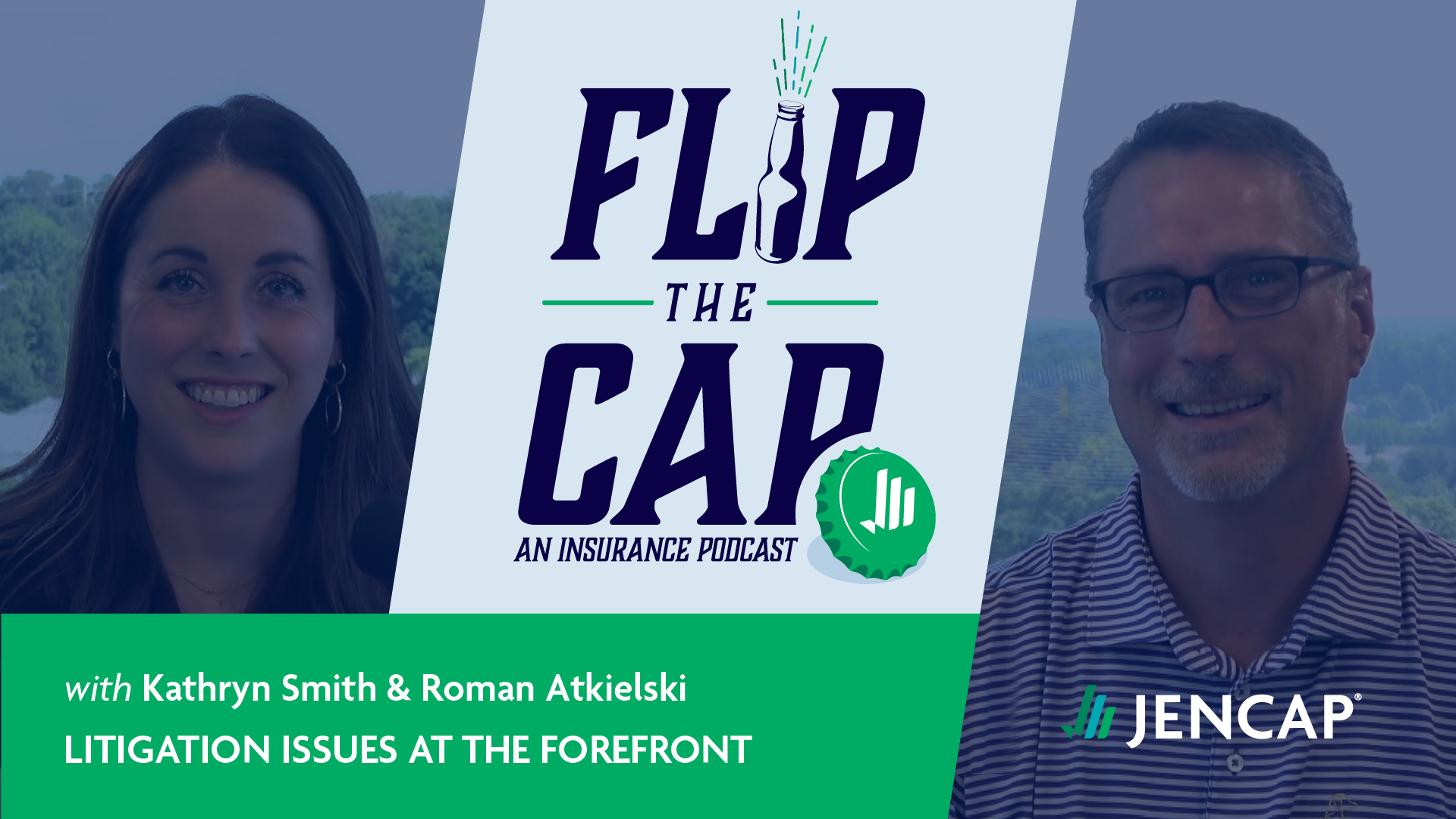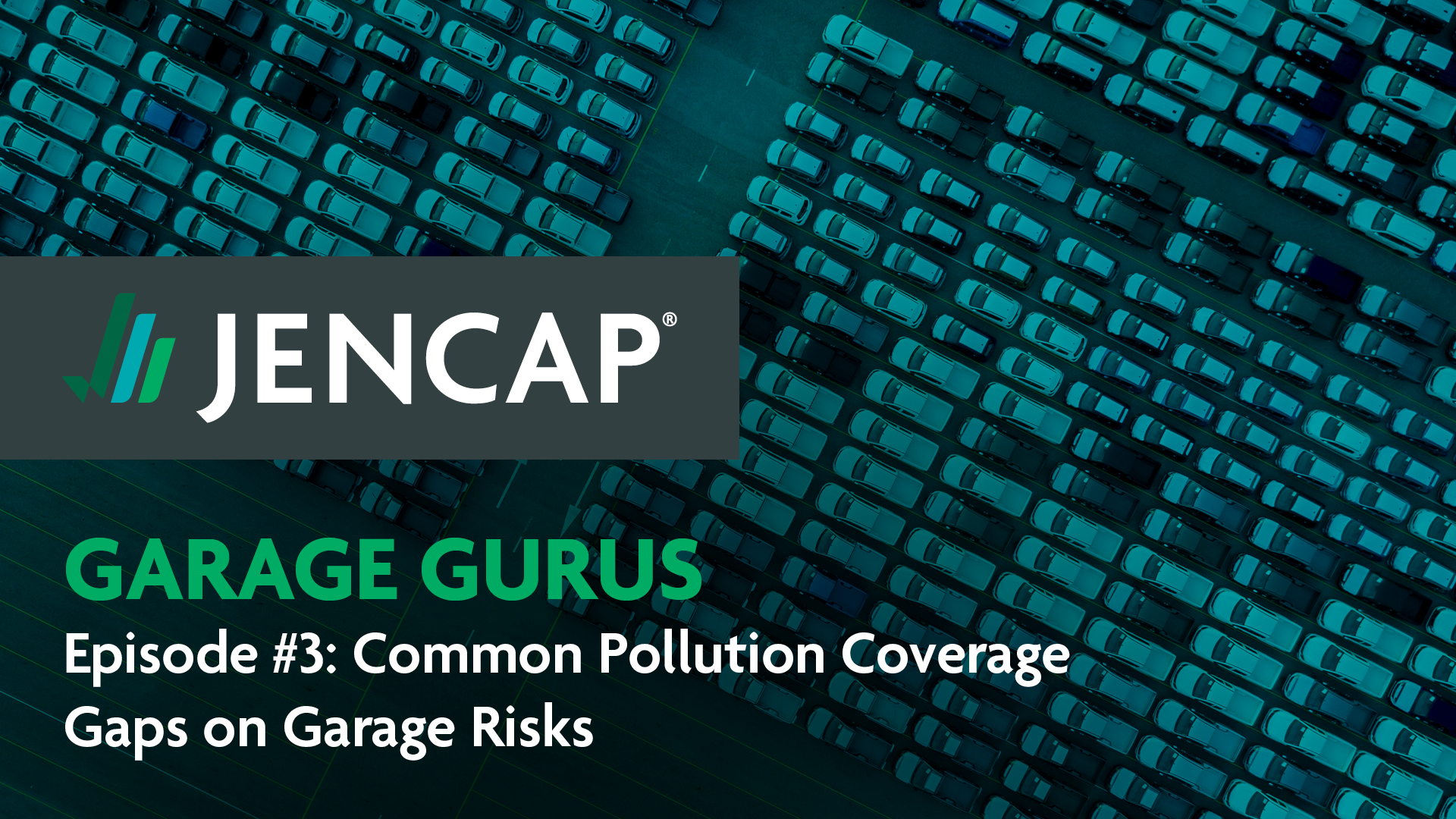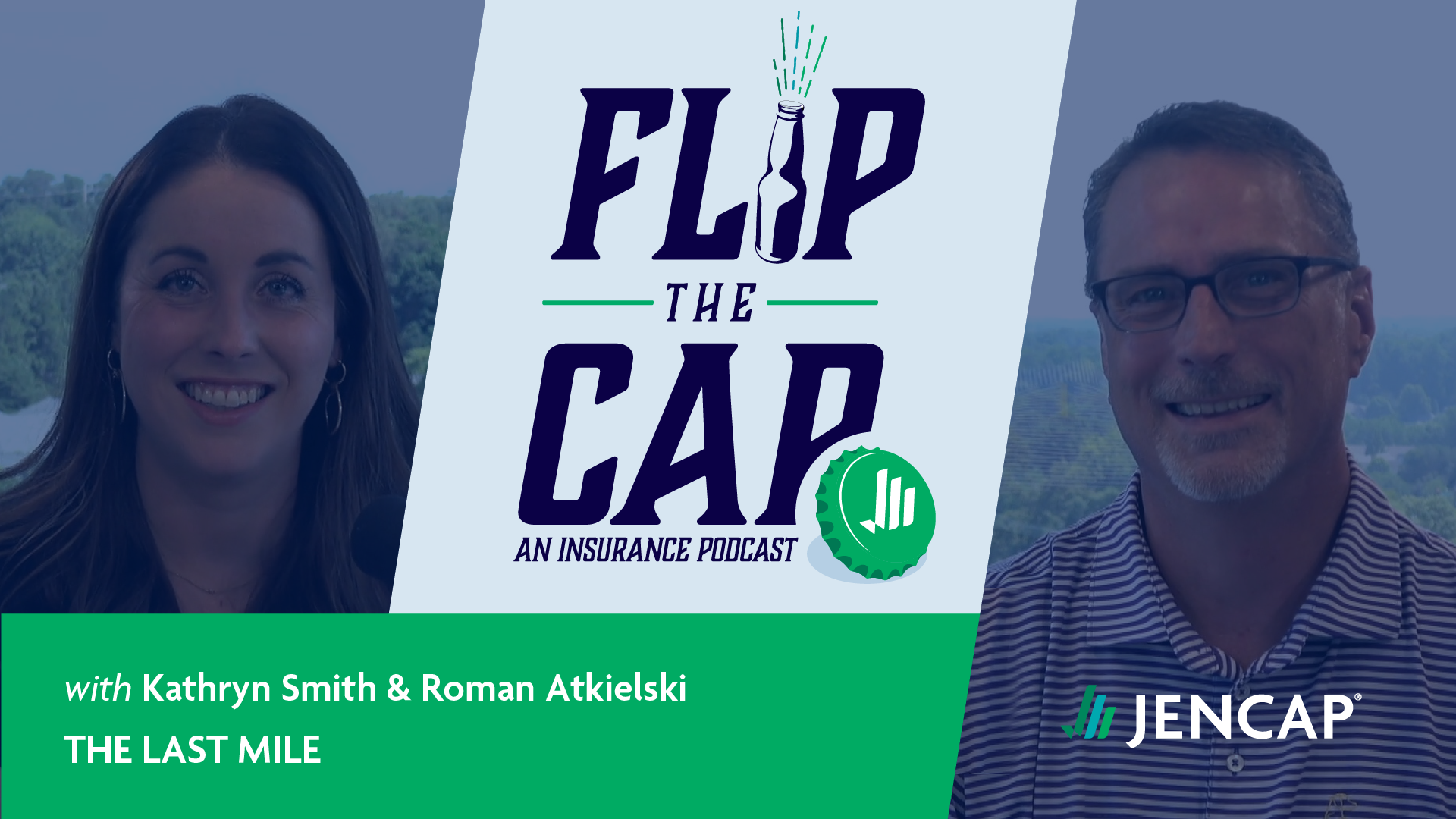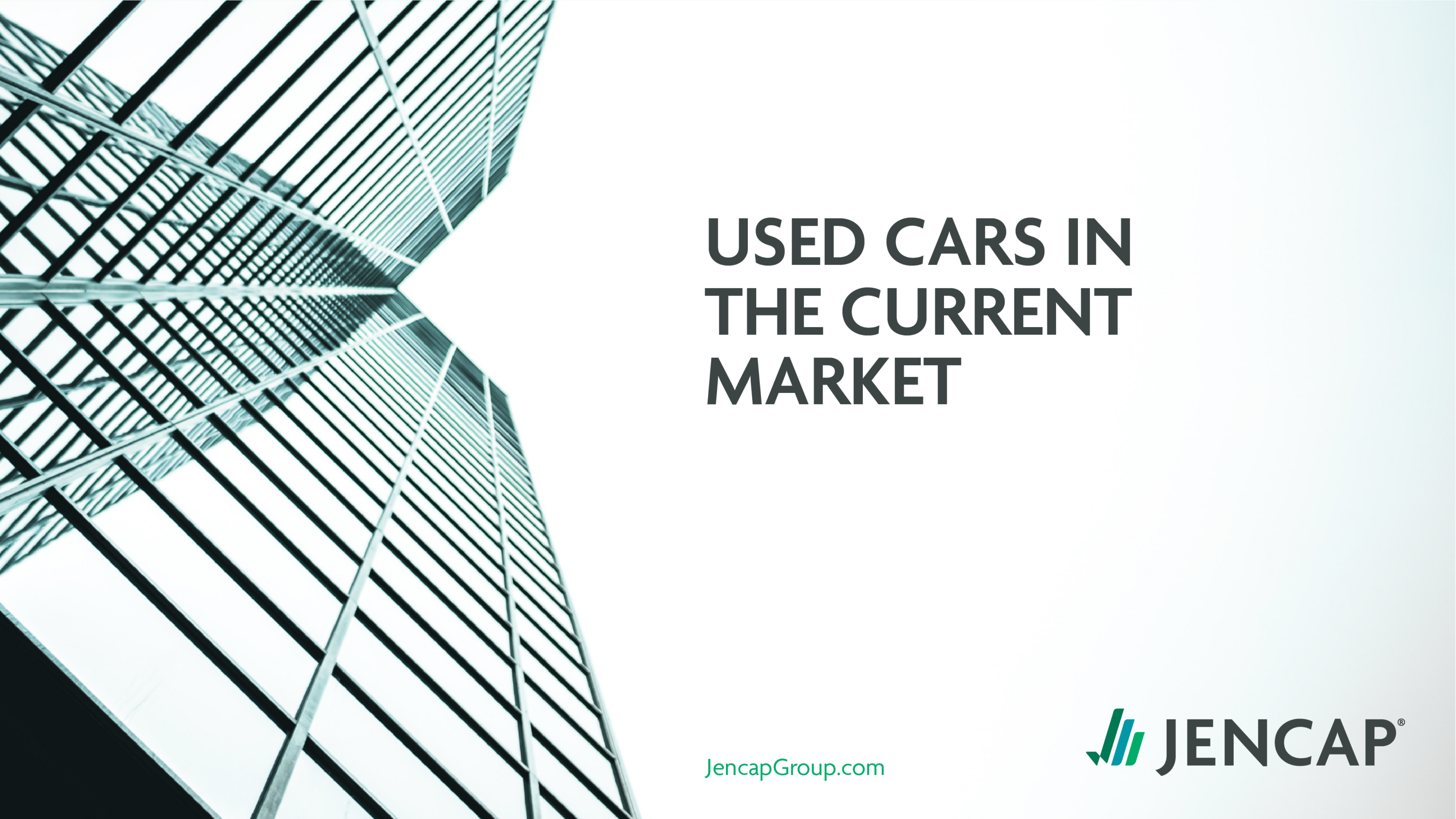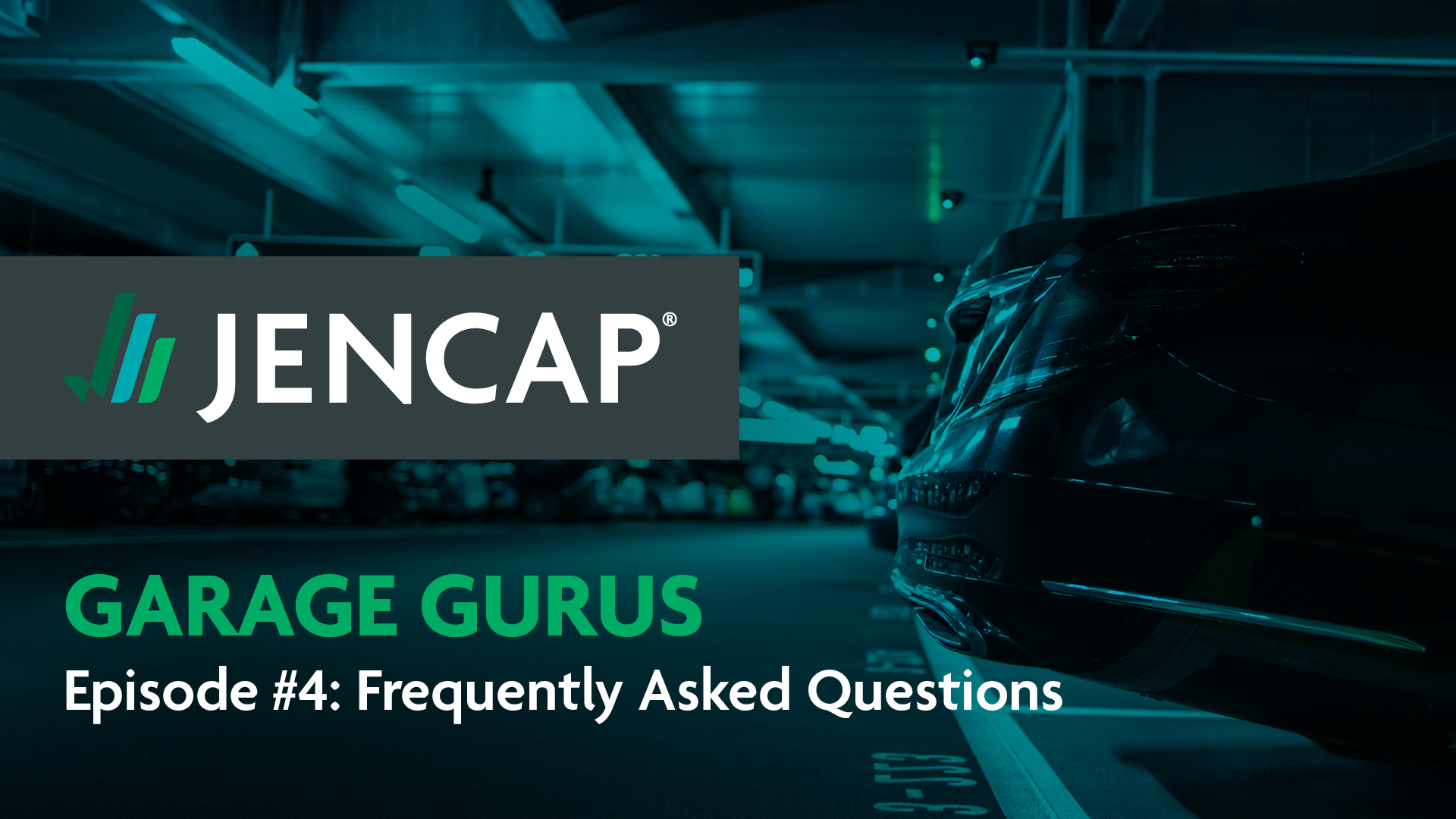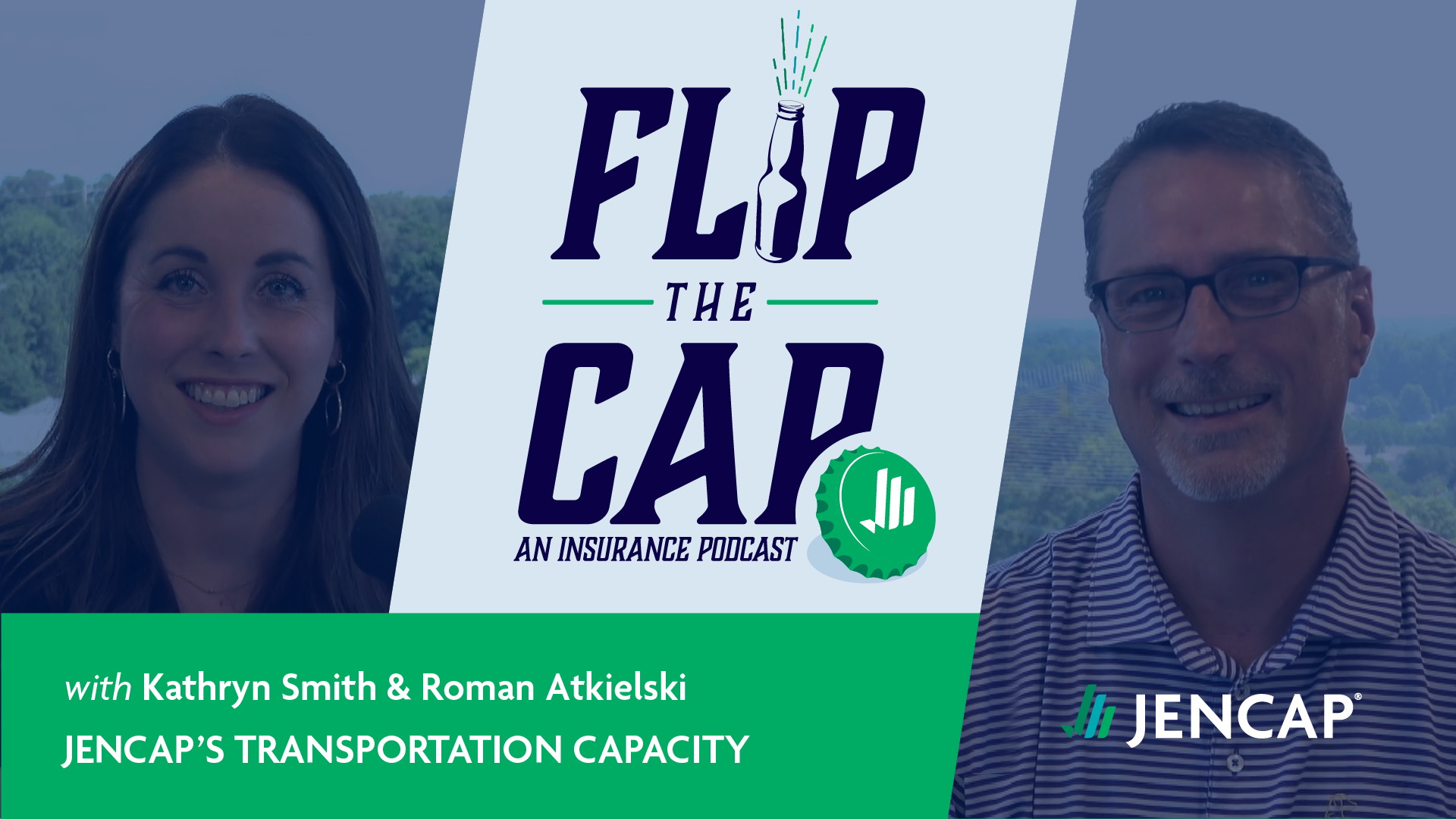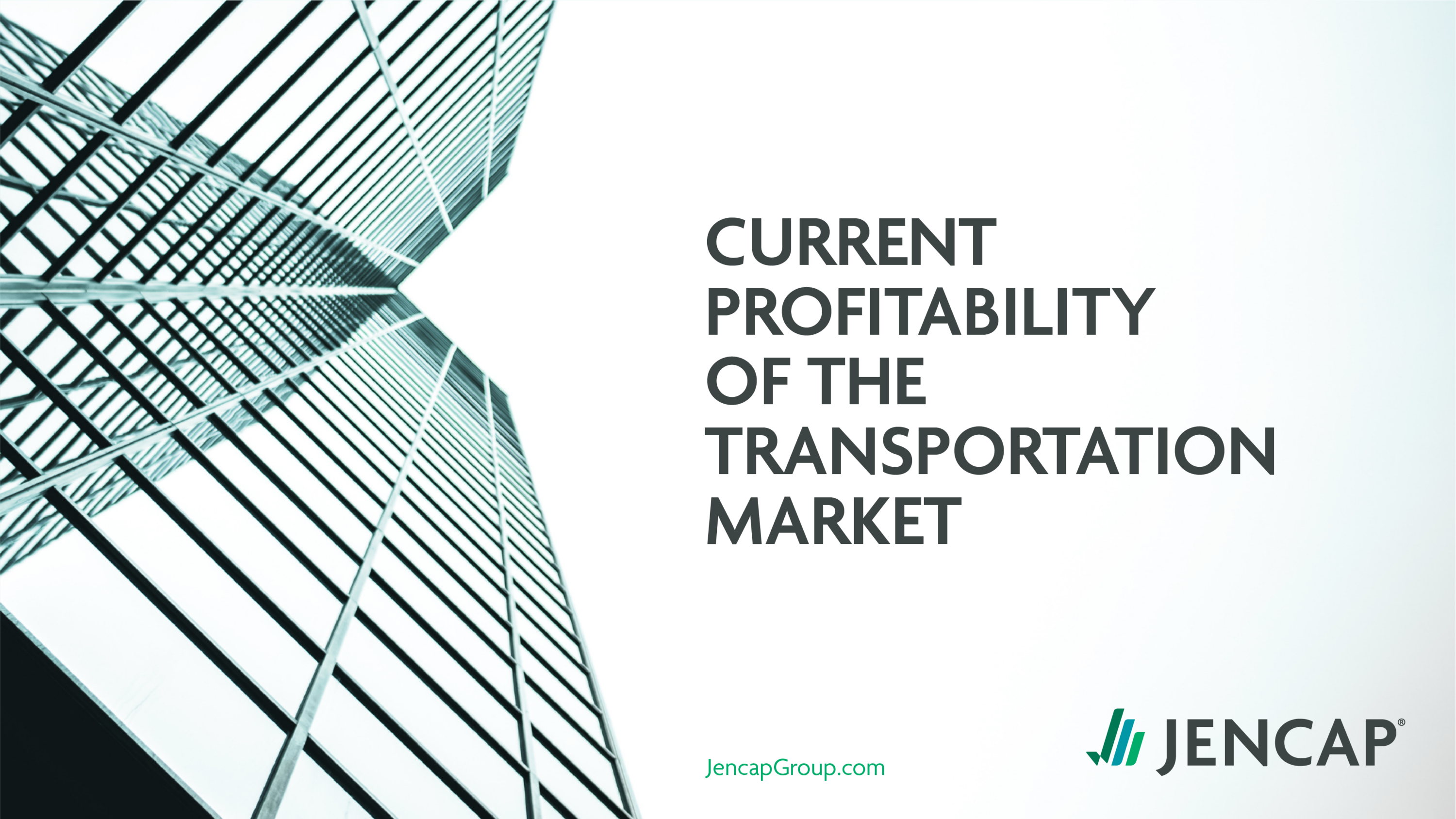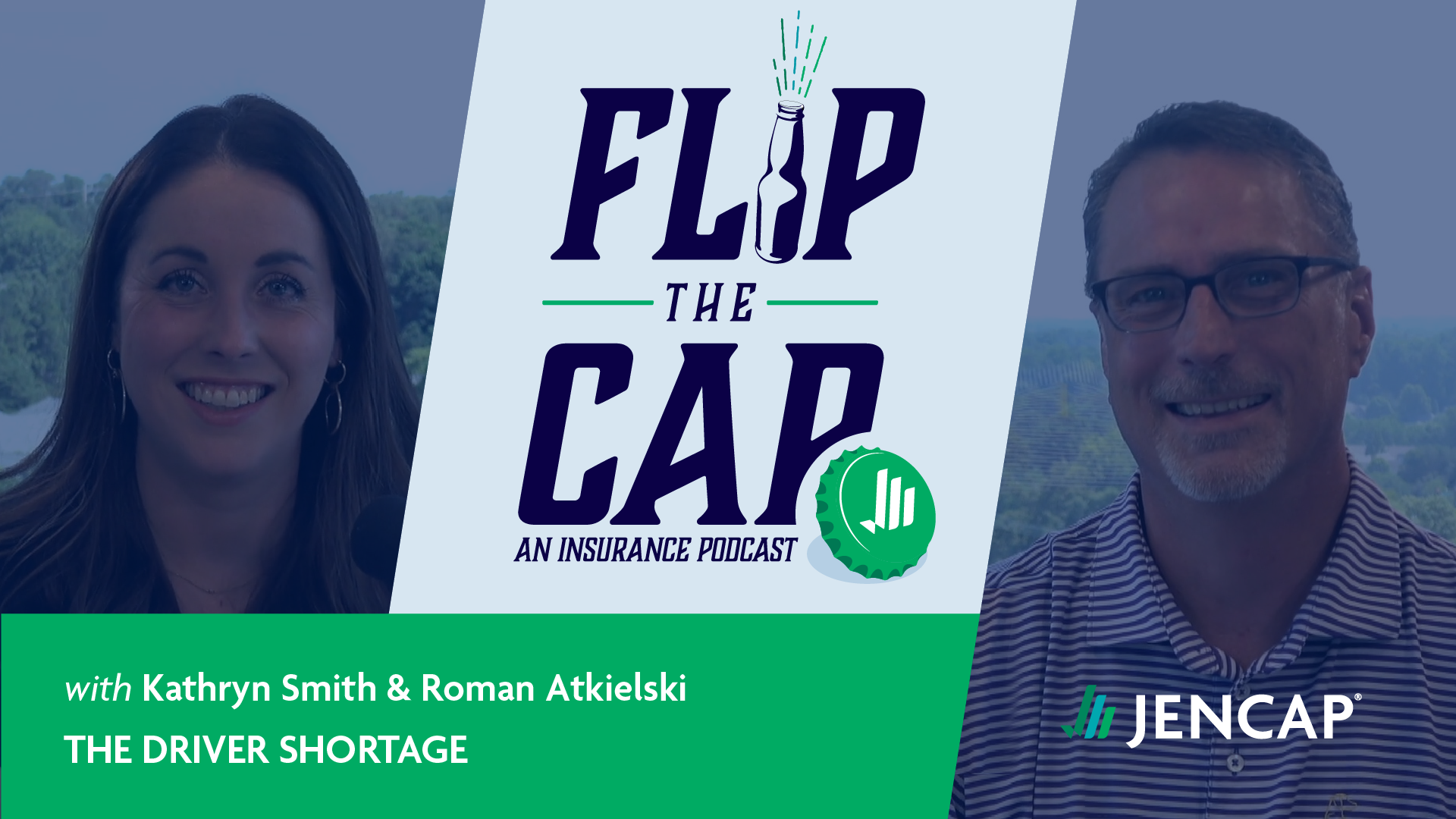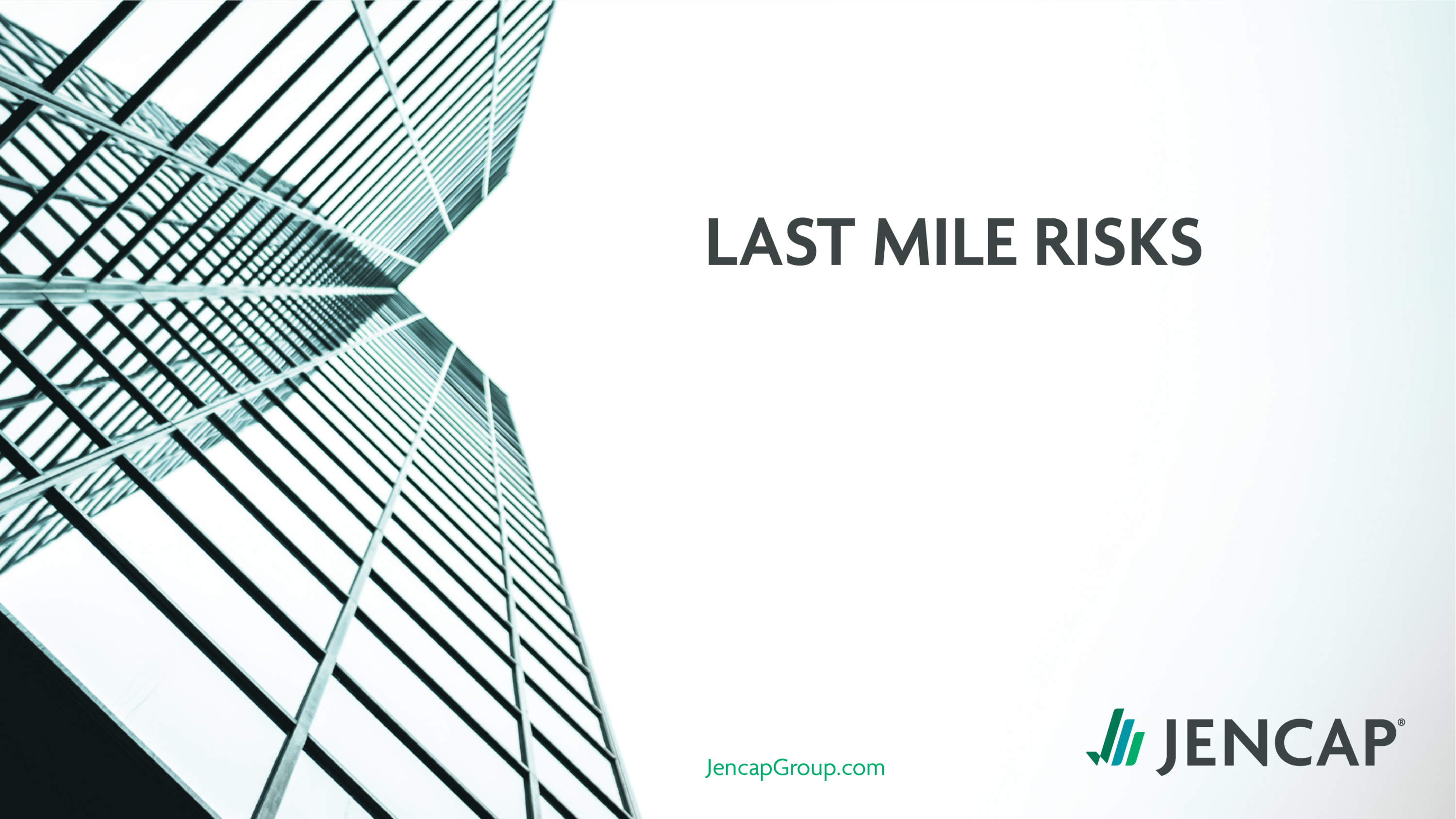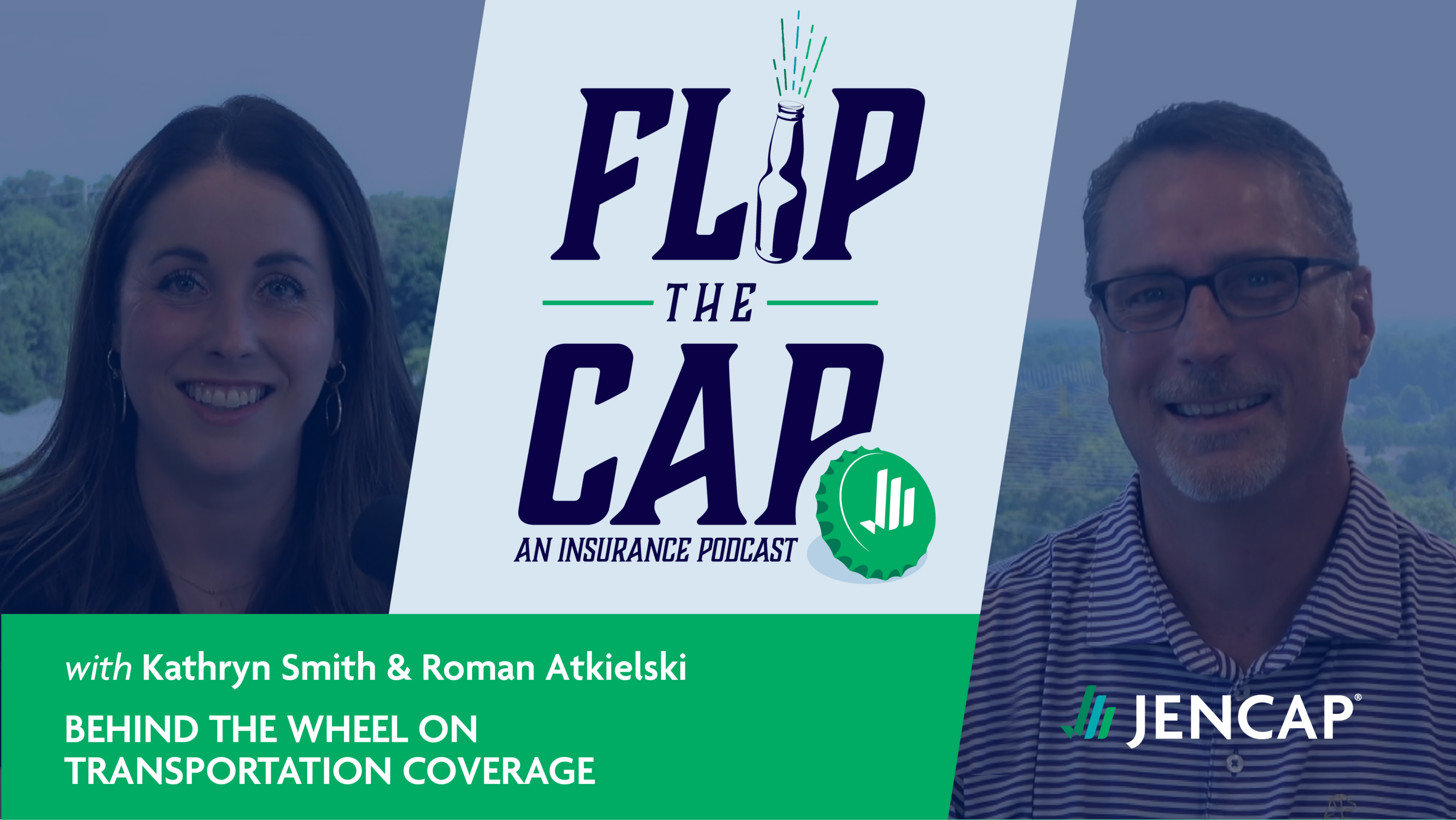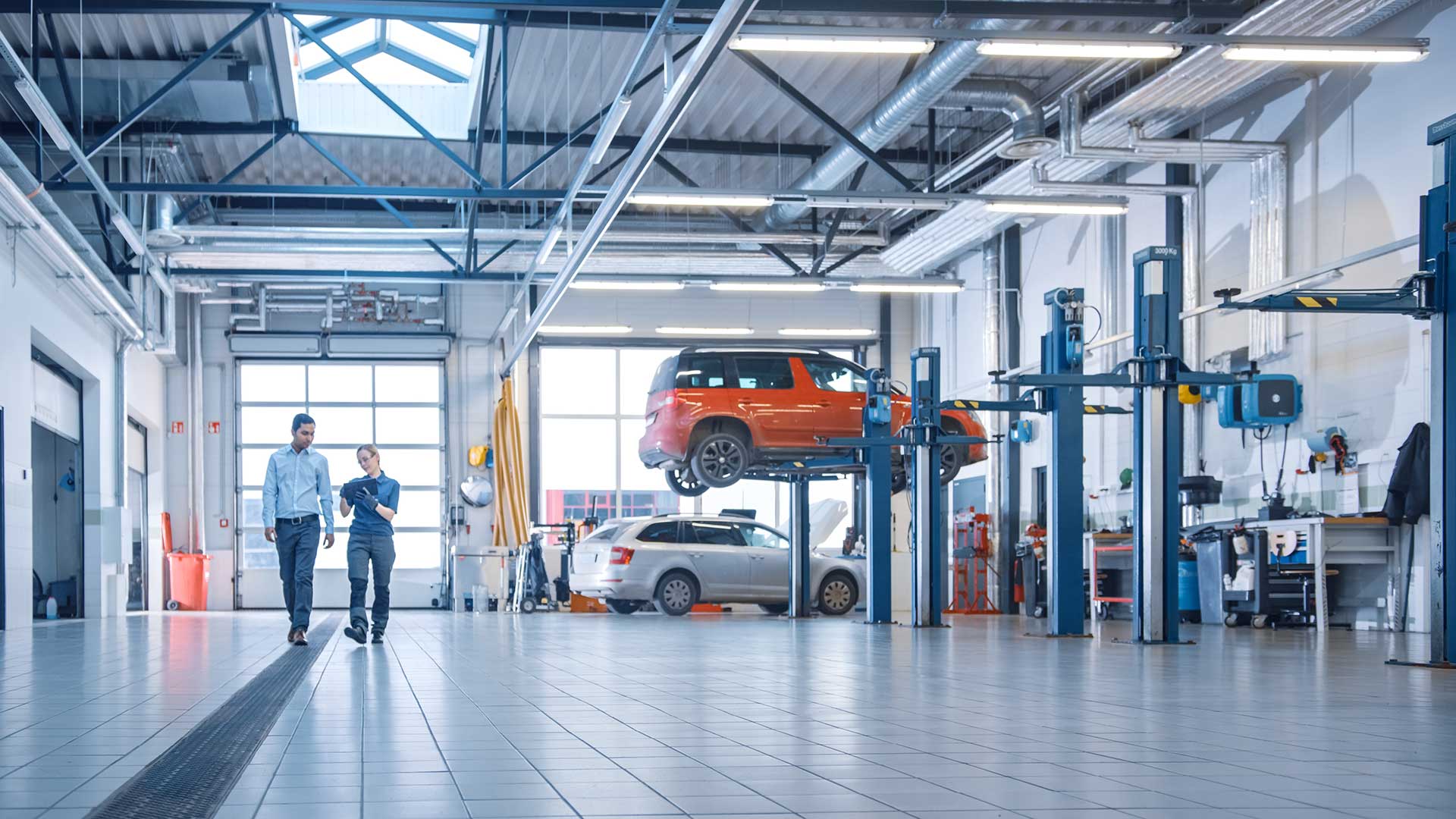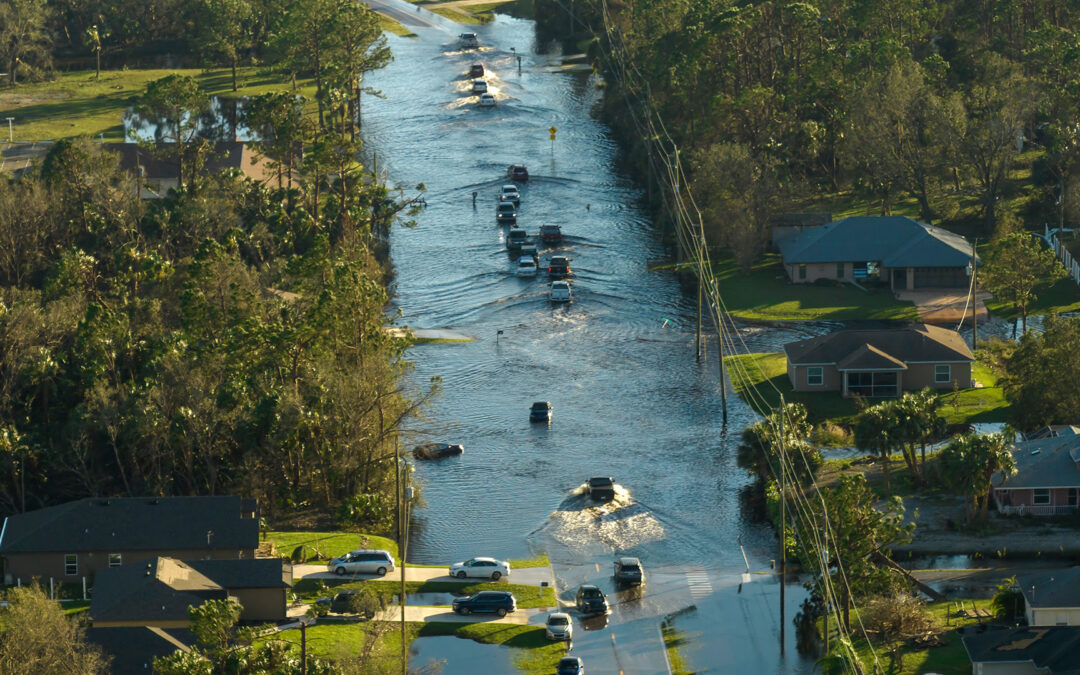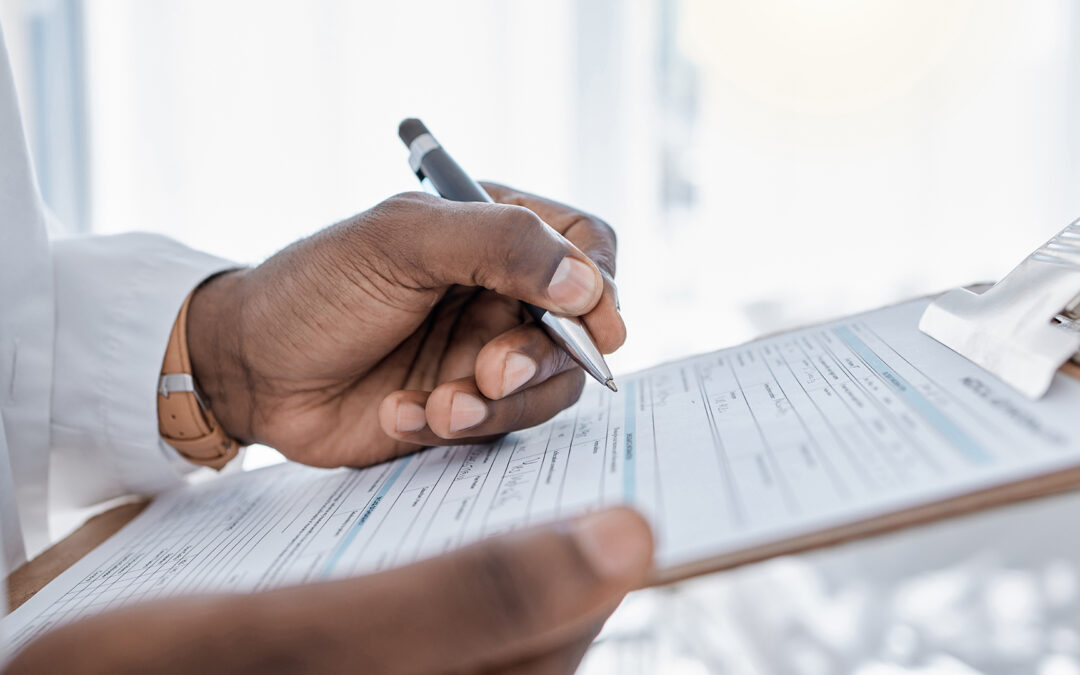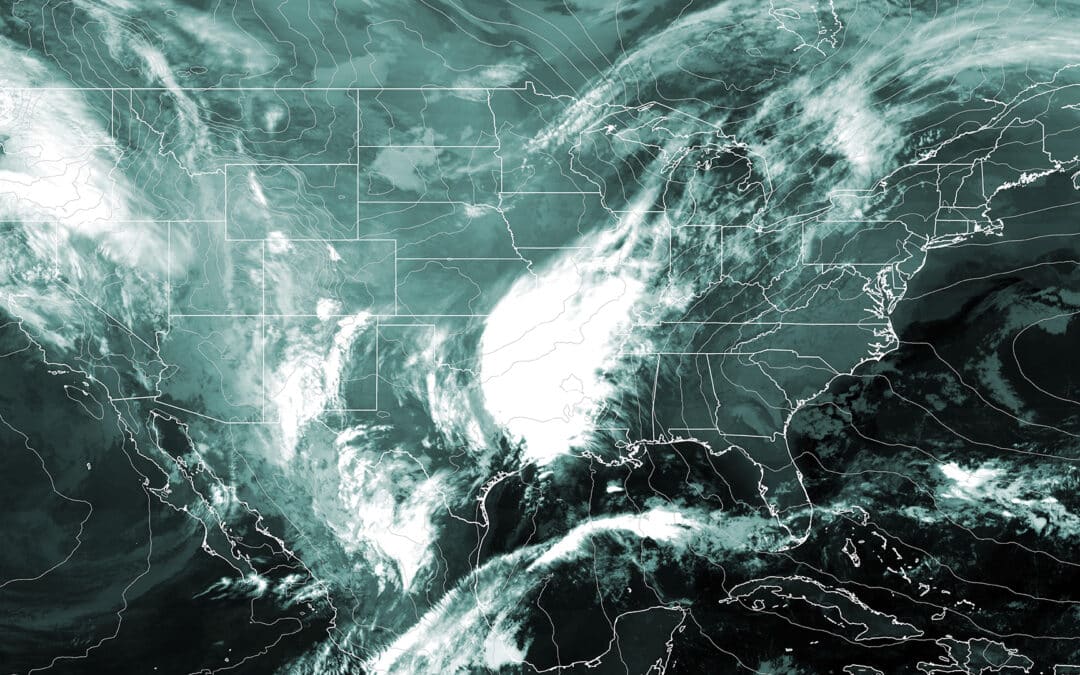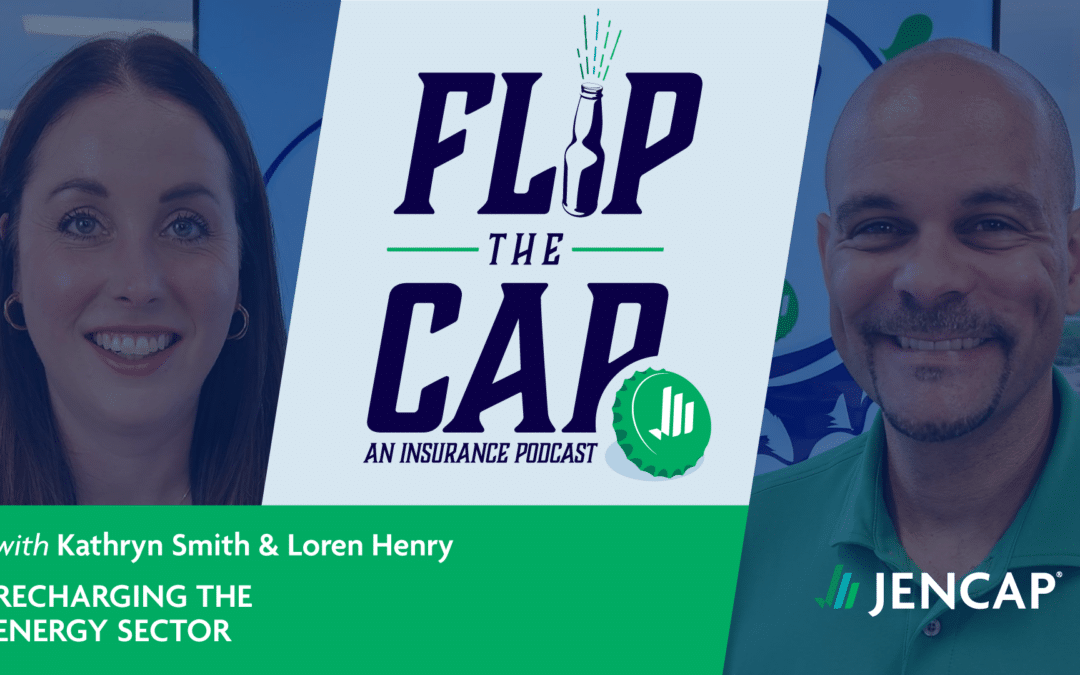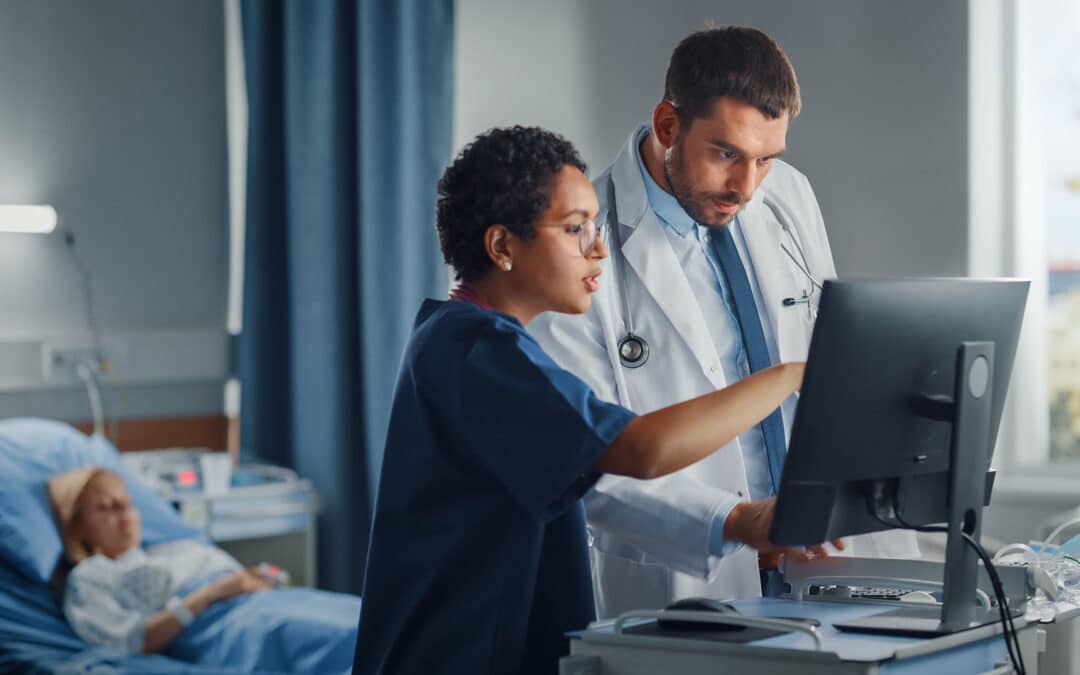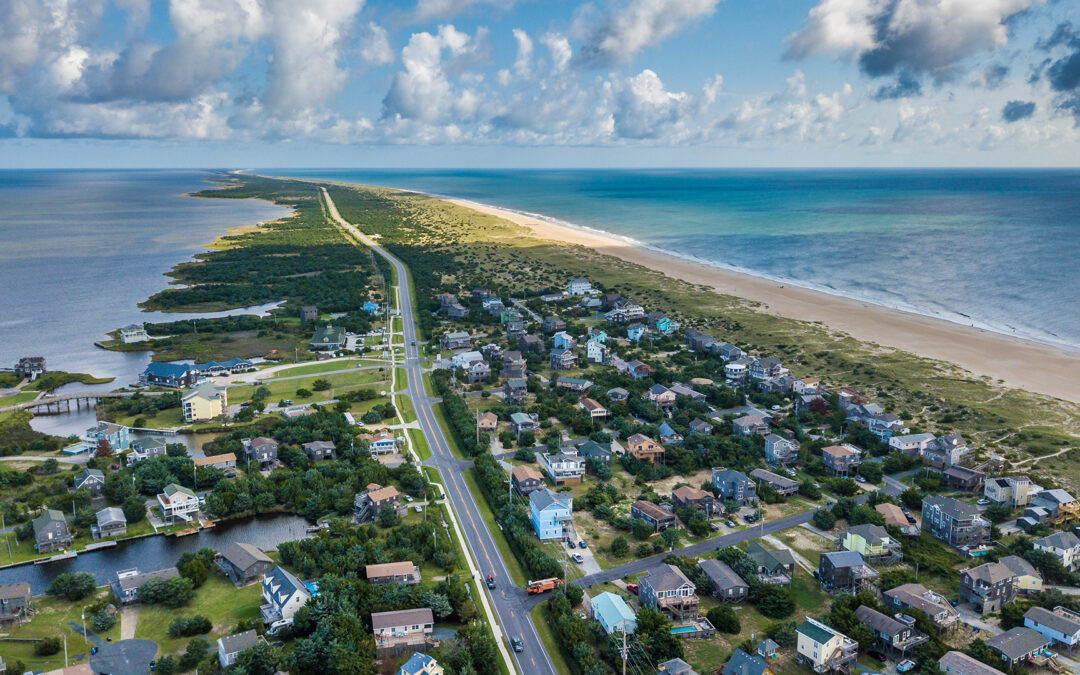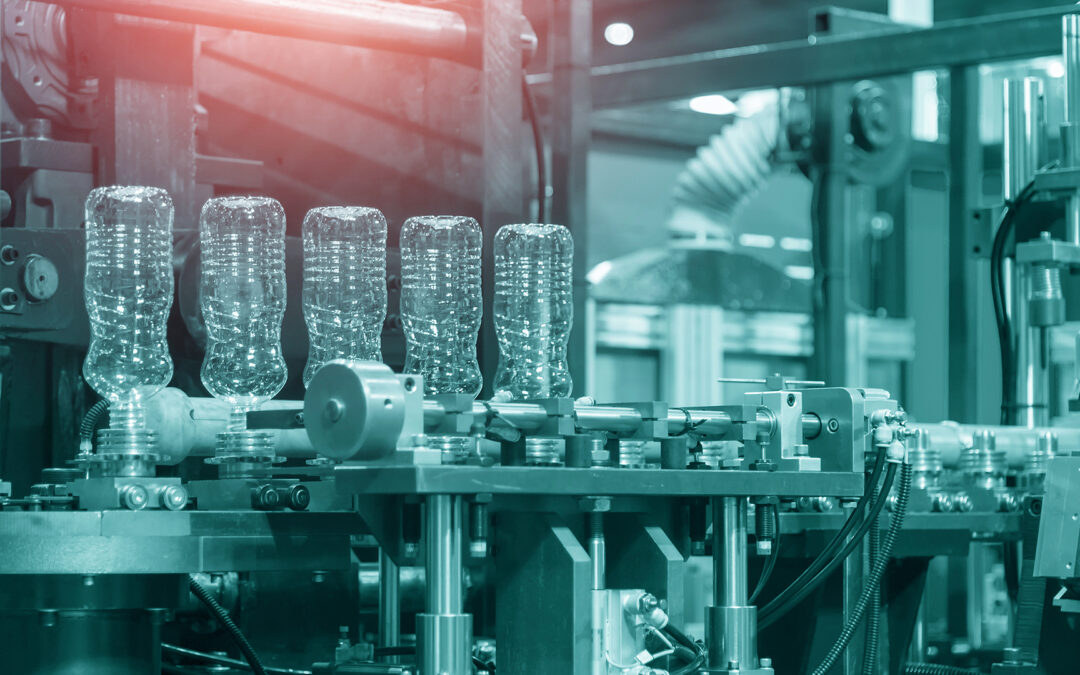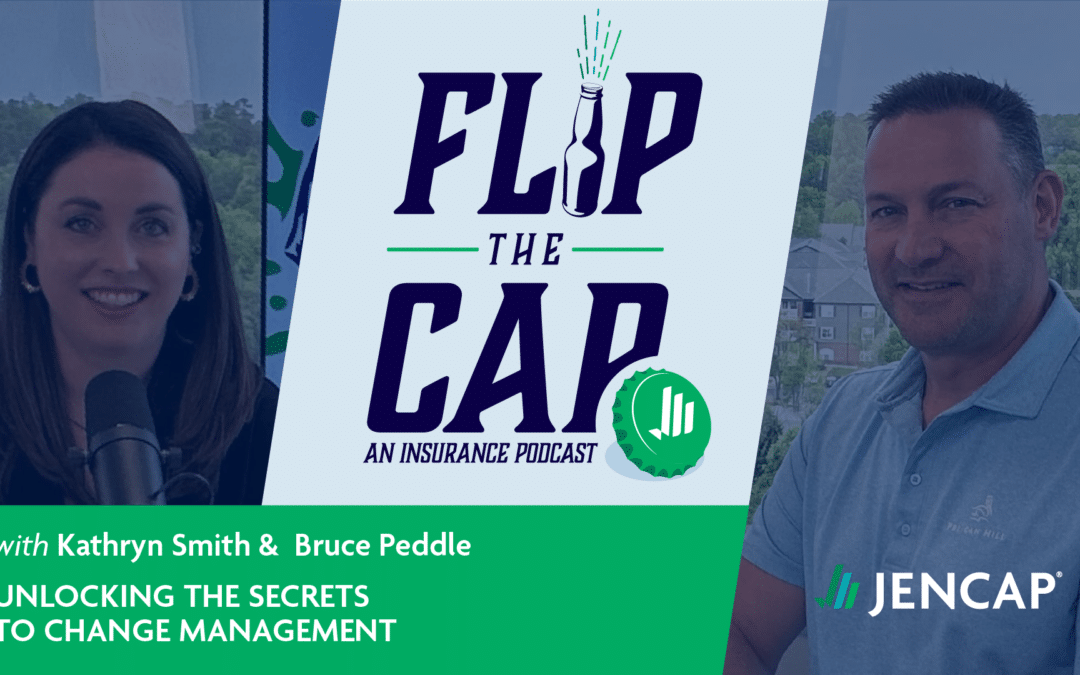It’s no secret that we as a society, especially as consumers, are glued to our phones. In fact, a recent survey of 2,000 Americans showed that we check our phones on average 80 times a day, with some checking their phones up to 300 times a day. You may be checking your phone while you read this. With this in mind, new mobile-based companies have boomed in recent years and have altered the way we communicate, date, work, study, buy and eat things.
With this in mind, companies have jumped on the opportunity to boost their business and spread out into other services like Uber, which started out as a ride-sharing company and now offers food delivery. Or GrubHub, which initially offered food delivery from local businesses, now offers extensive options to grab dinner from any major chain. But this on-the-go industry has also affected the people working within it, the delivery drivers; specifically, it has put into question how they get their insurance and what kind of insurance they need.
Personal Insurance Policy
It’s more than likely that a driver’s personal insurance policy does not cover them in the scope of their food delivery job. Food delivery has always been a risky business, but with this newer landscape of delivery service (i.e. tech-driven delivery companies) there is even more risk. From traffic jams to fender benders, pedestrian incidents to backing into fire hydrants, the same risks that daily commuters face are there for delivery drivers. So, who gets the blame and who pays the price?
A personal insurance policy is simply that: personal, not business. Delivering food for Uber or GrubHub or Postmates or the pizza shop down the street are not classified as personal. Why? Well, insurers know that drivers operating their vehicles for commercial use spend a lot of time on the road, which means higher risk overall, which ultimately means more out of pocket for the company.
Getting Insured
There are options for delivery contract drivers looking to supplement their insurance and stay protected on the road. Some employers do provide coverage known as hired and non-owned vehicle liability insurance for their drivers when they use their personal vehicles for work-related activities (mostly deliveries).
One common choice is to go the commercial auto insurance route, which provides liability and physical damage protection for vehicles that are used for business purposes. However, this coverage is designed for vehicles owned by a business, typically company cars and fleets. Though employees driving their own vehicles for work purposes are not covered by Commercial Auto insurance, they can still be held liable for damages caused on these errands, making another form of insurance necessary.
Because many food delivery workers utilize their own personal vehicles for their work, this becomes a Hired and Non-owned coverage exposure rather than a Commercial Auto liability, and we recommend that a food courier use HNO coverage. Whether the worker is a full-time employee or an independent contractor, their employer will be liable for any accidents or damages that occur during their work, and our exclusive program can provide coverage to both types of workers.
